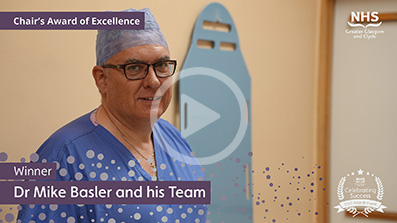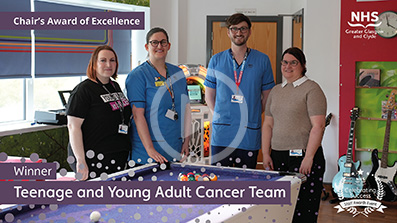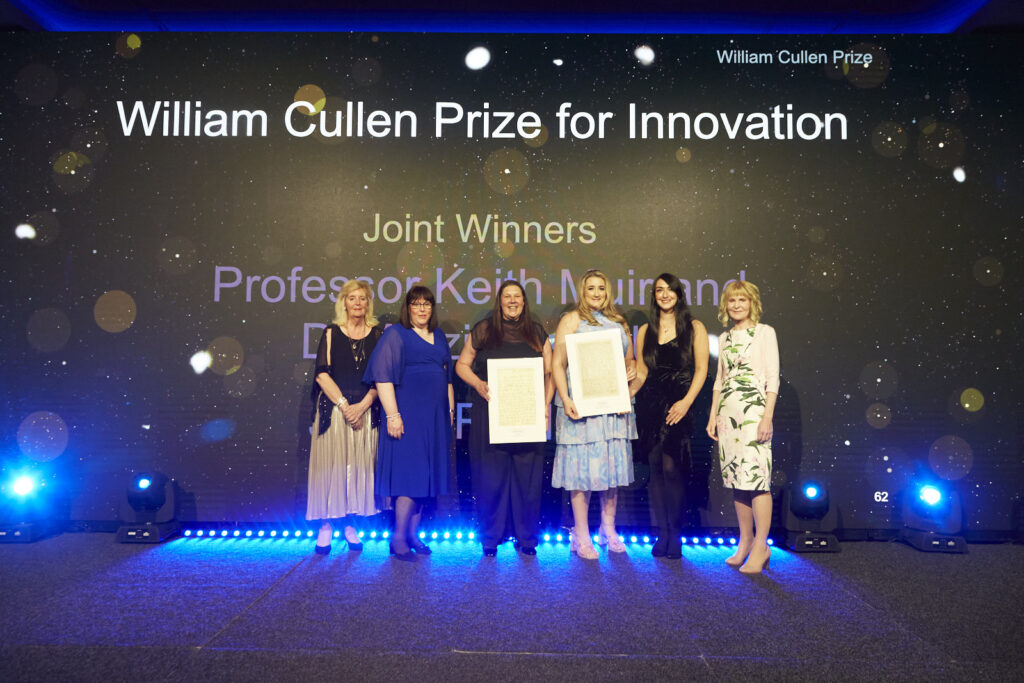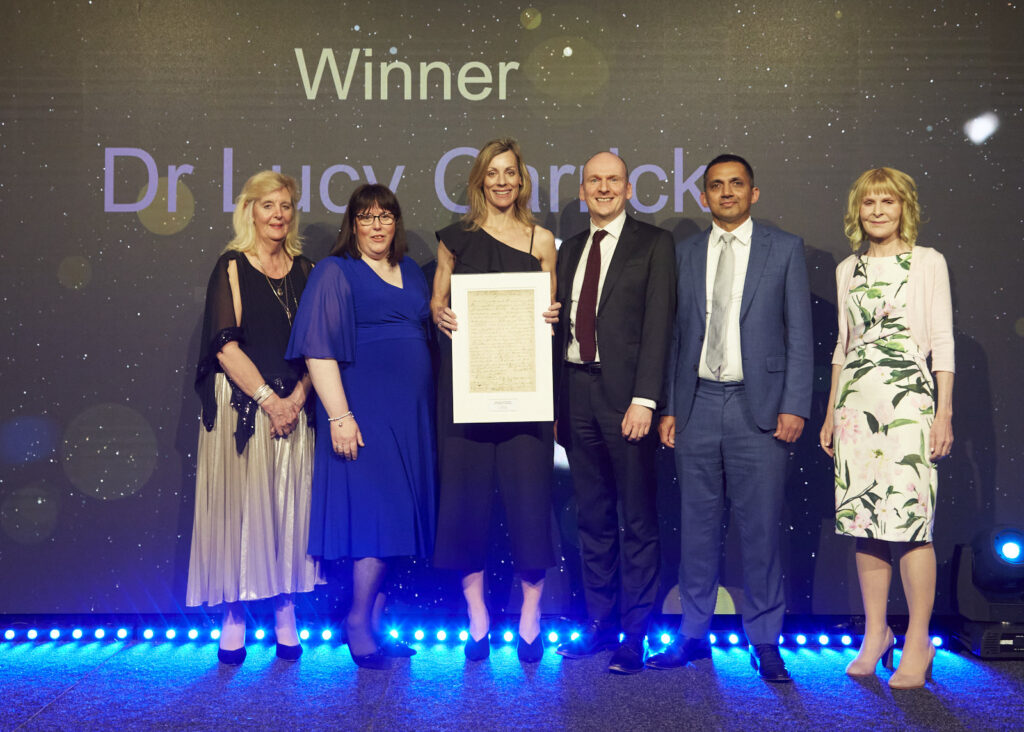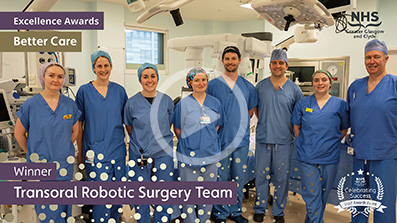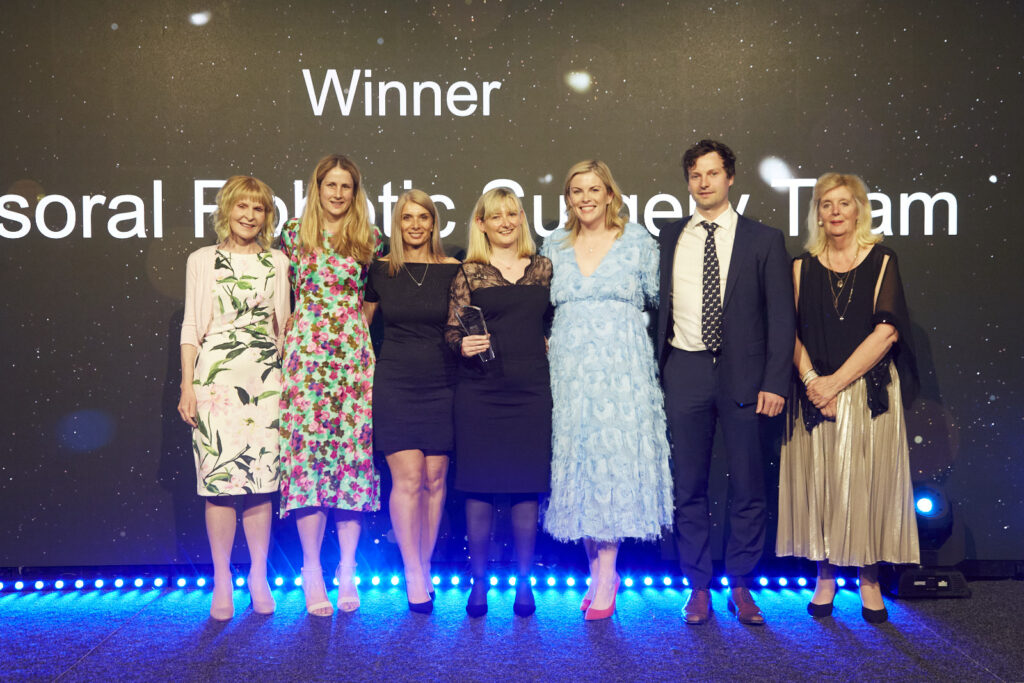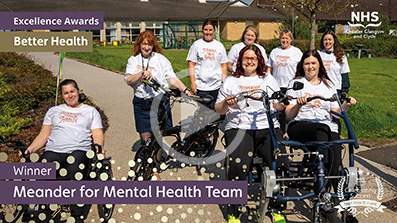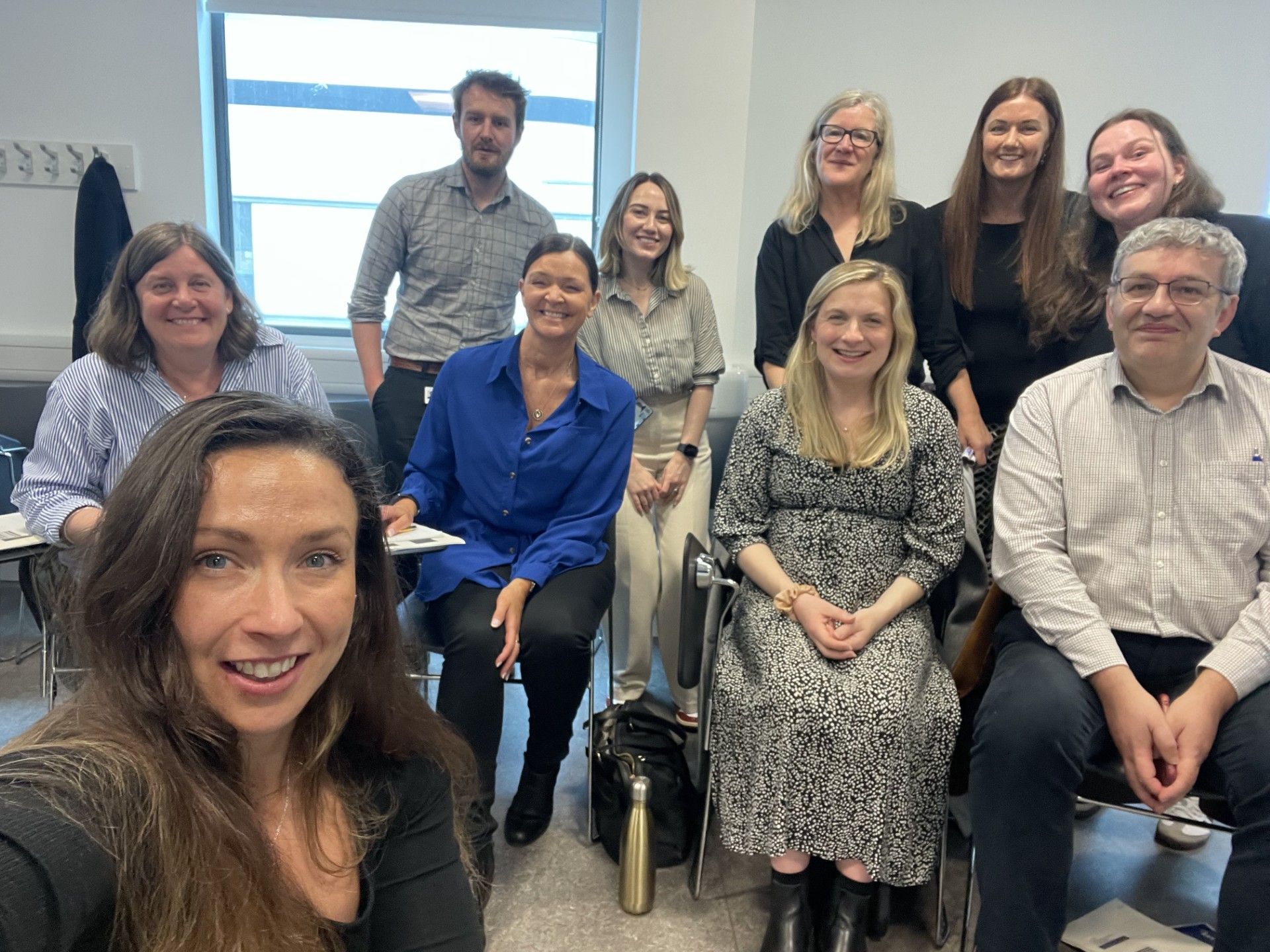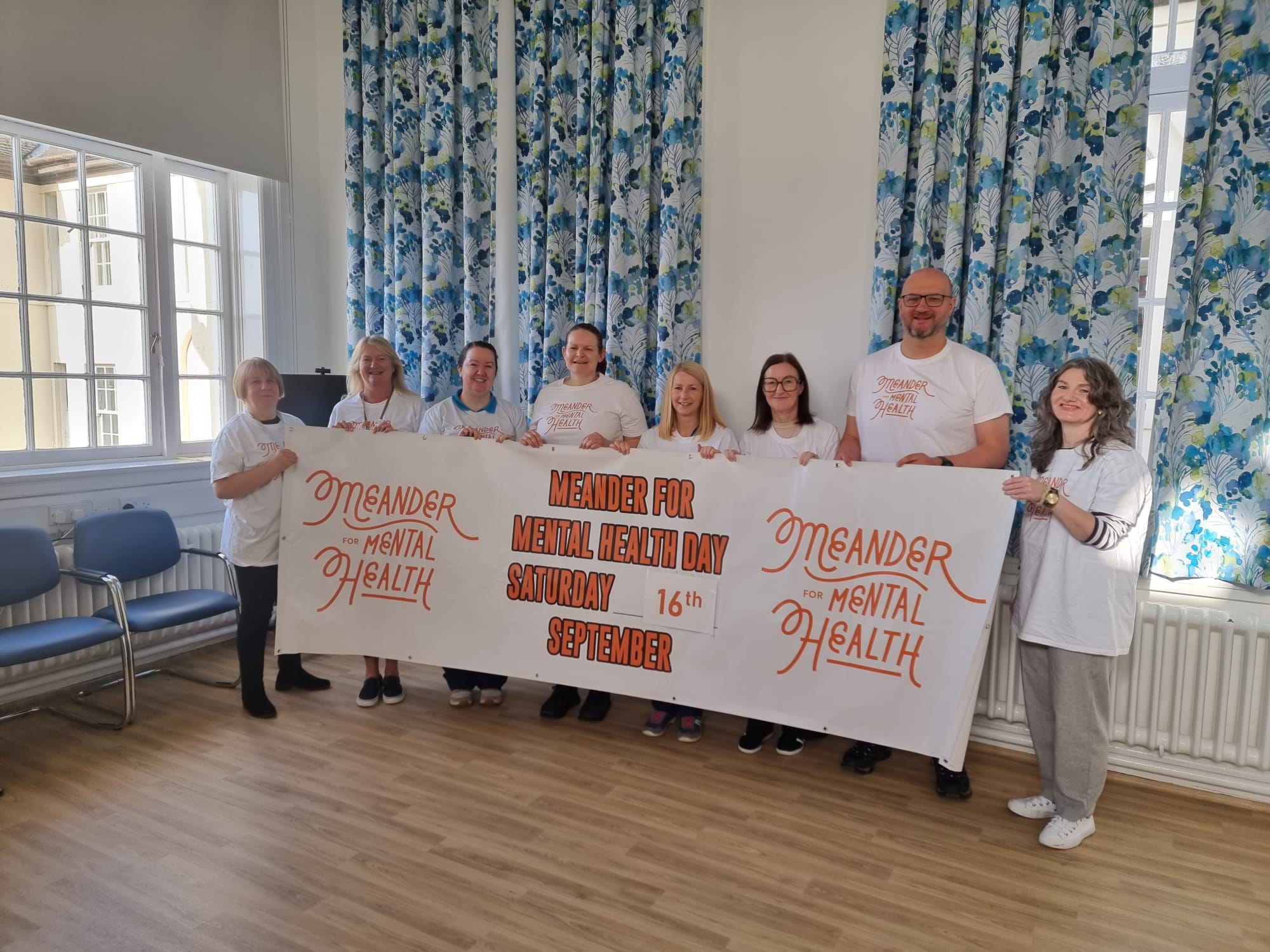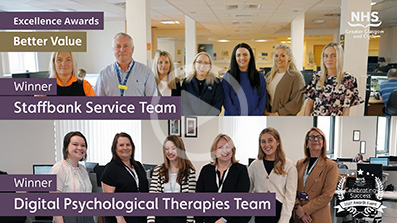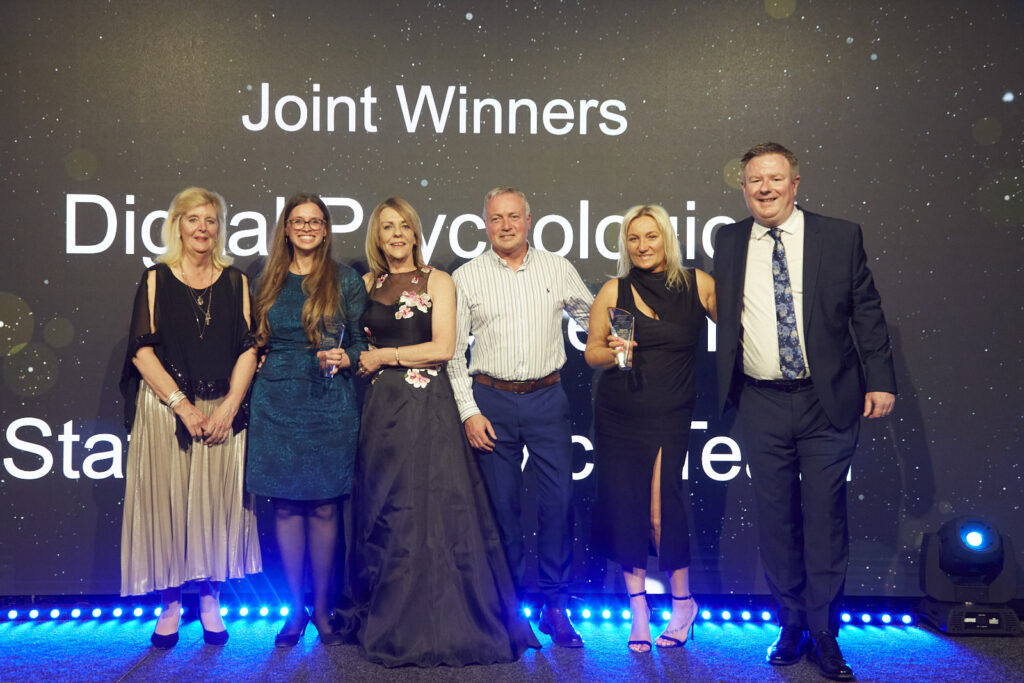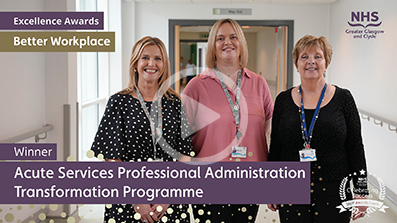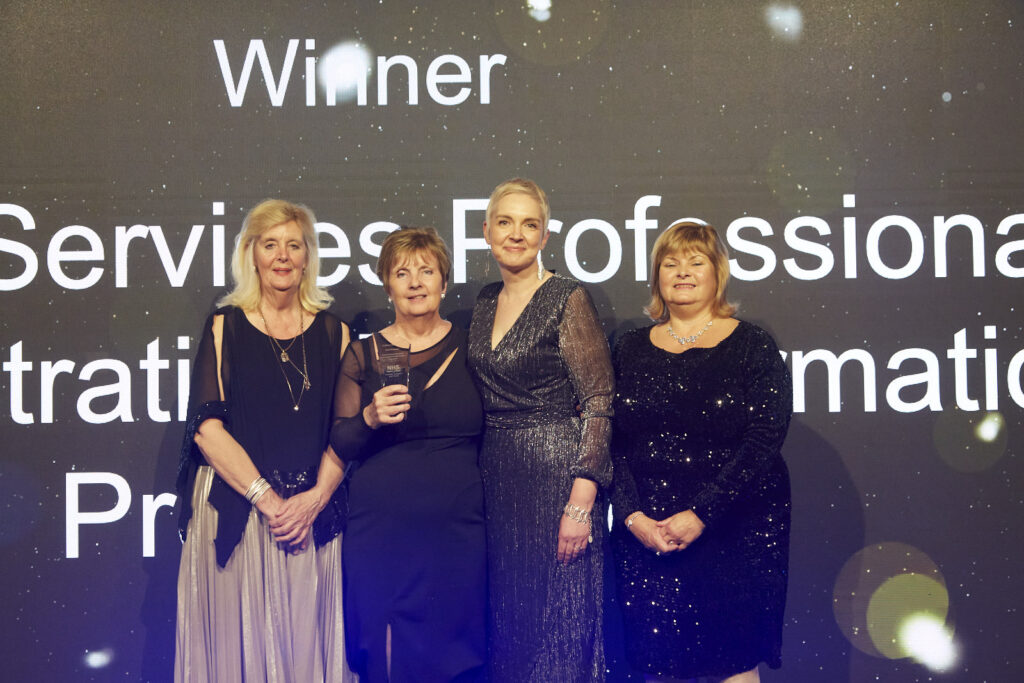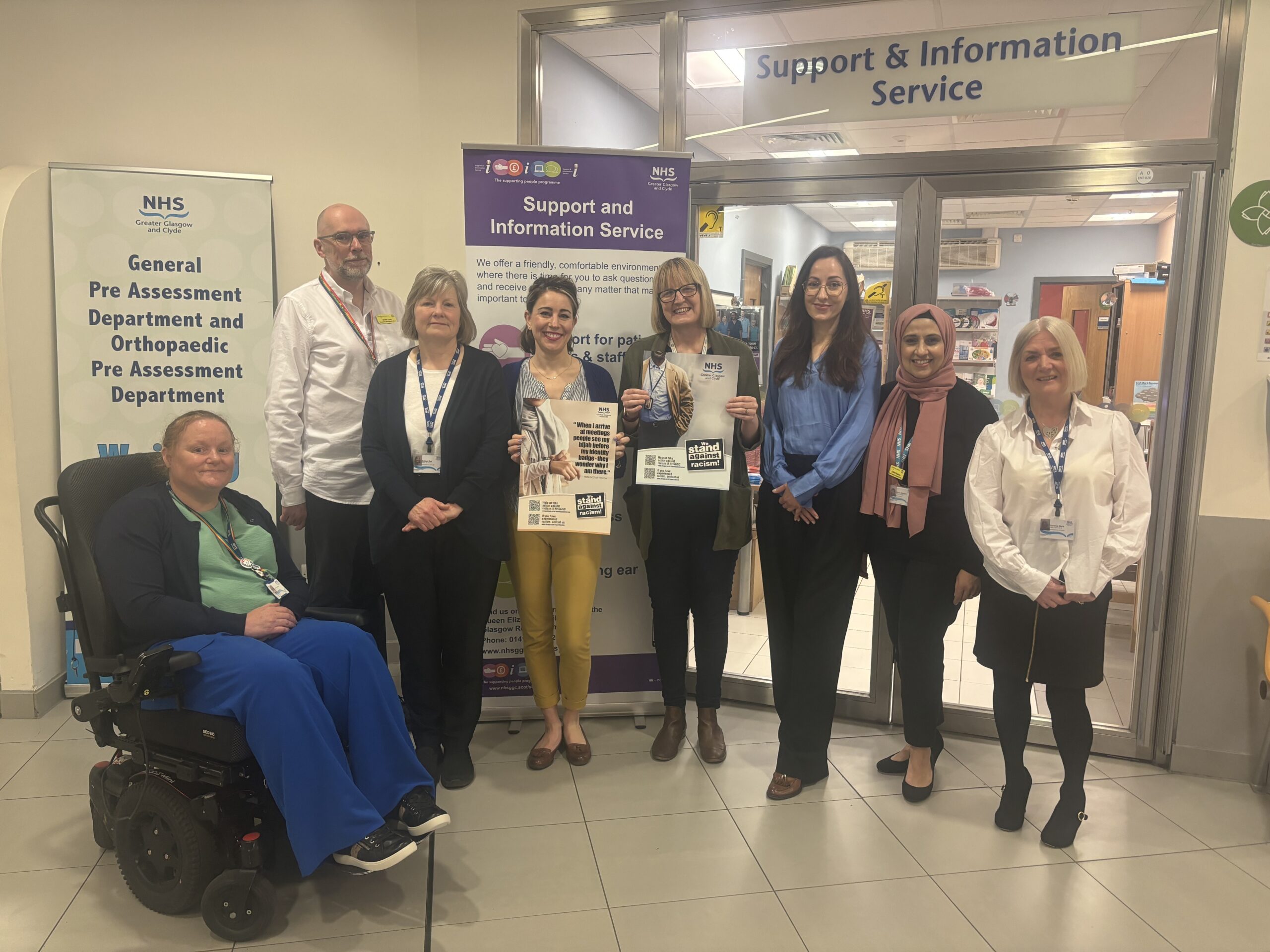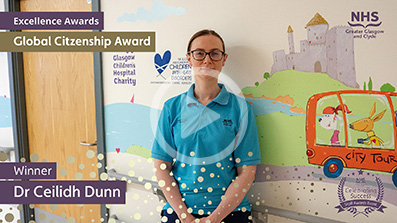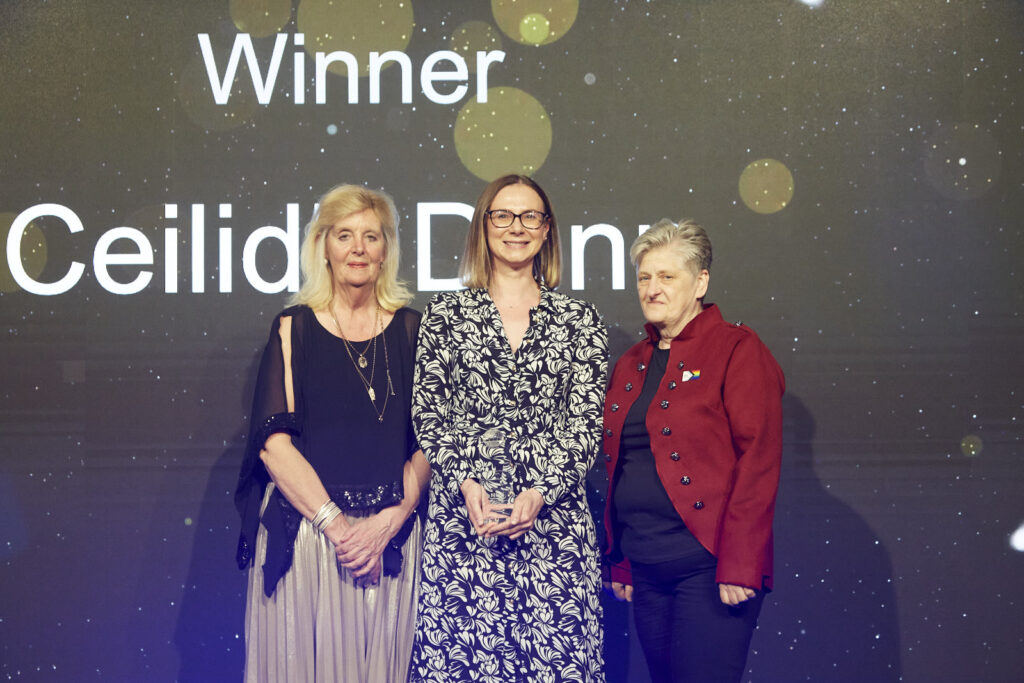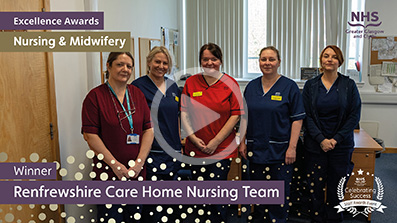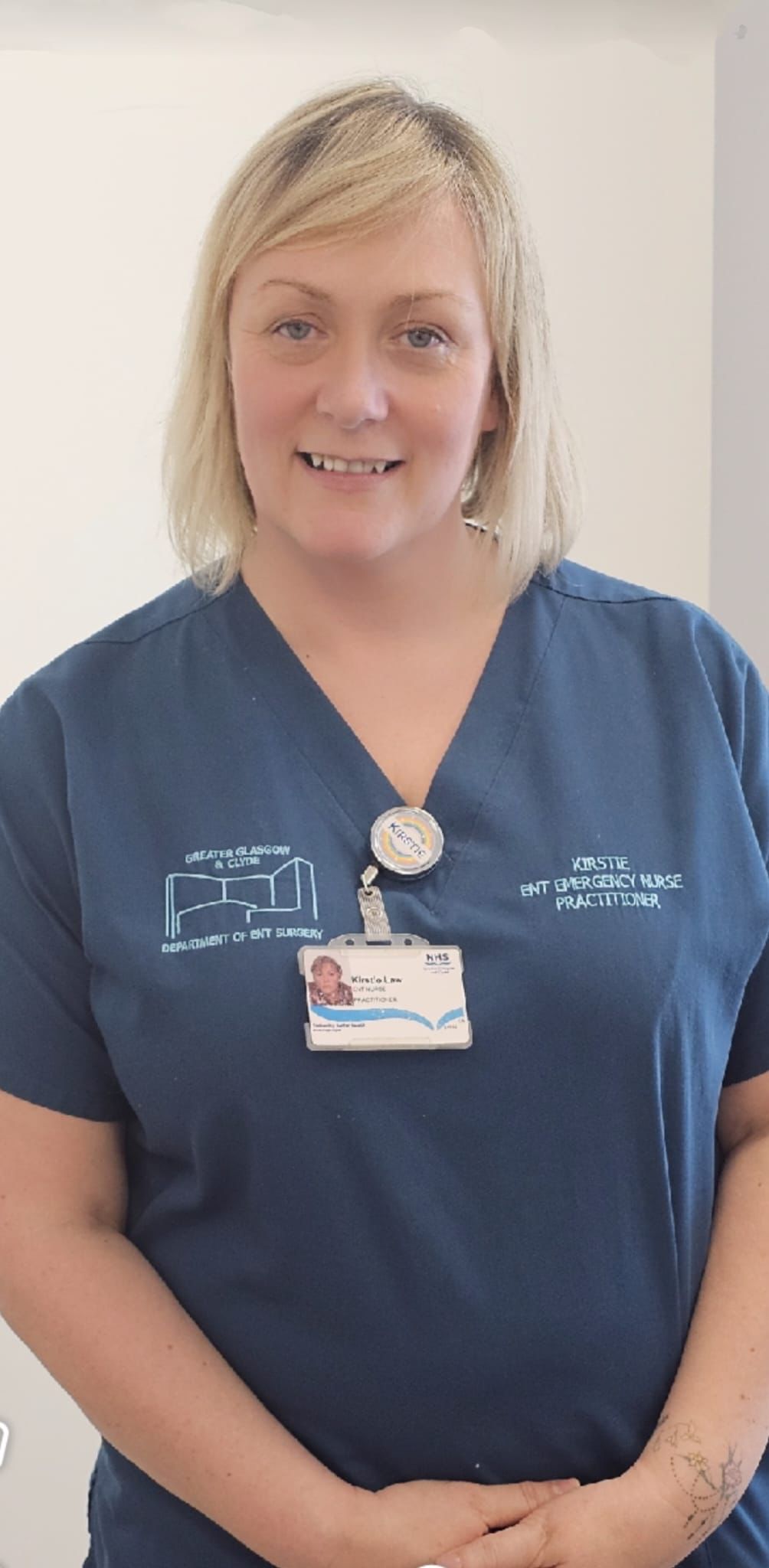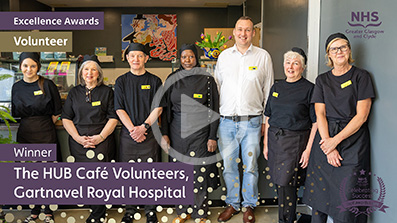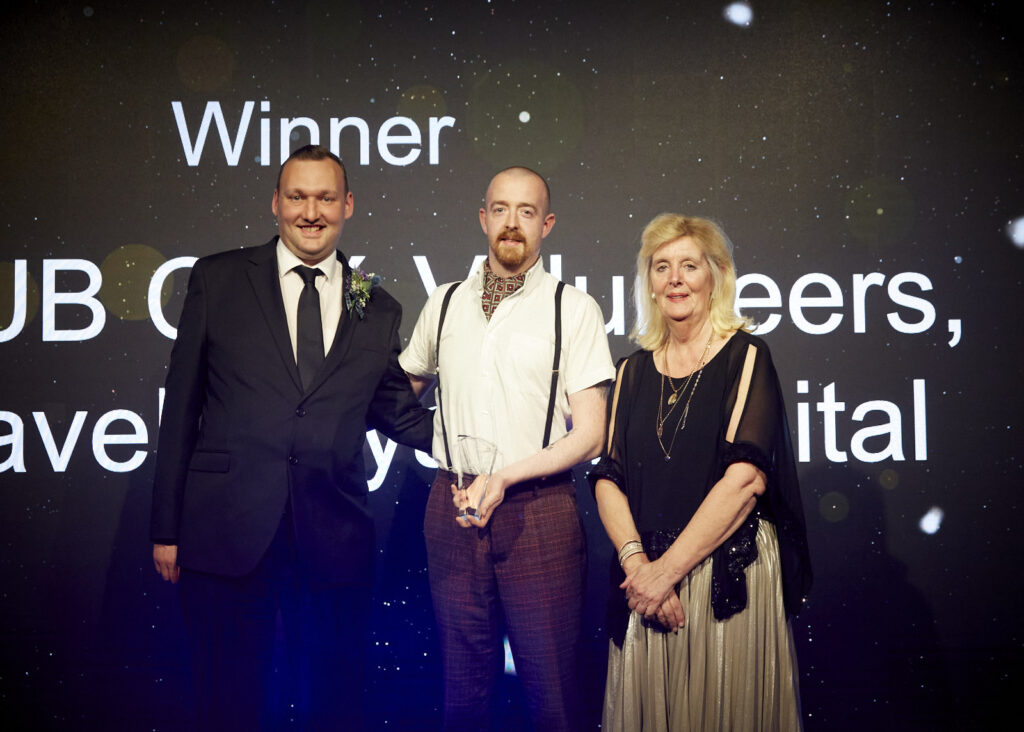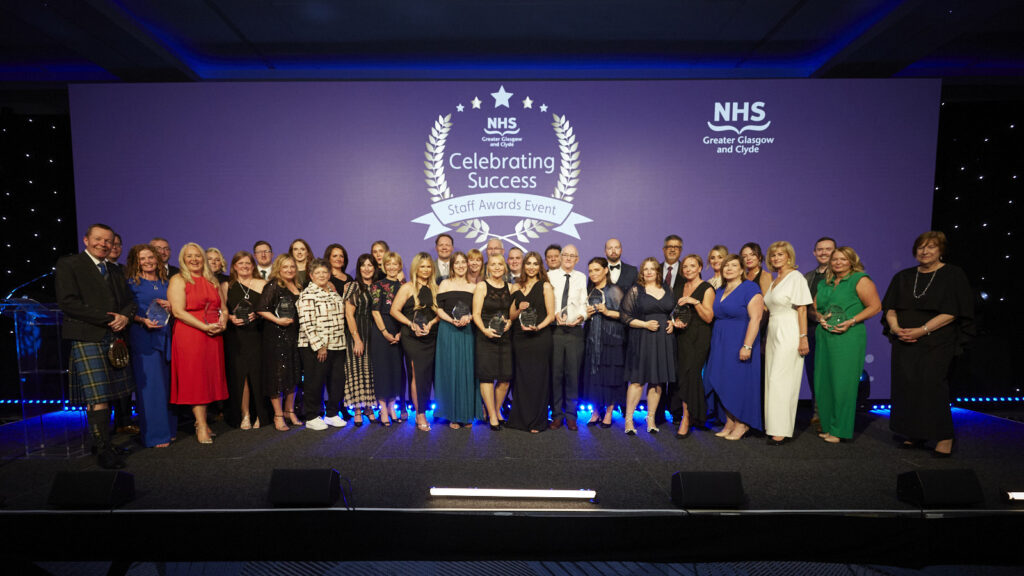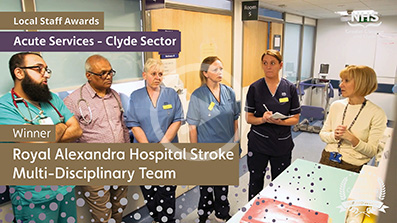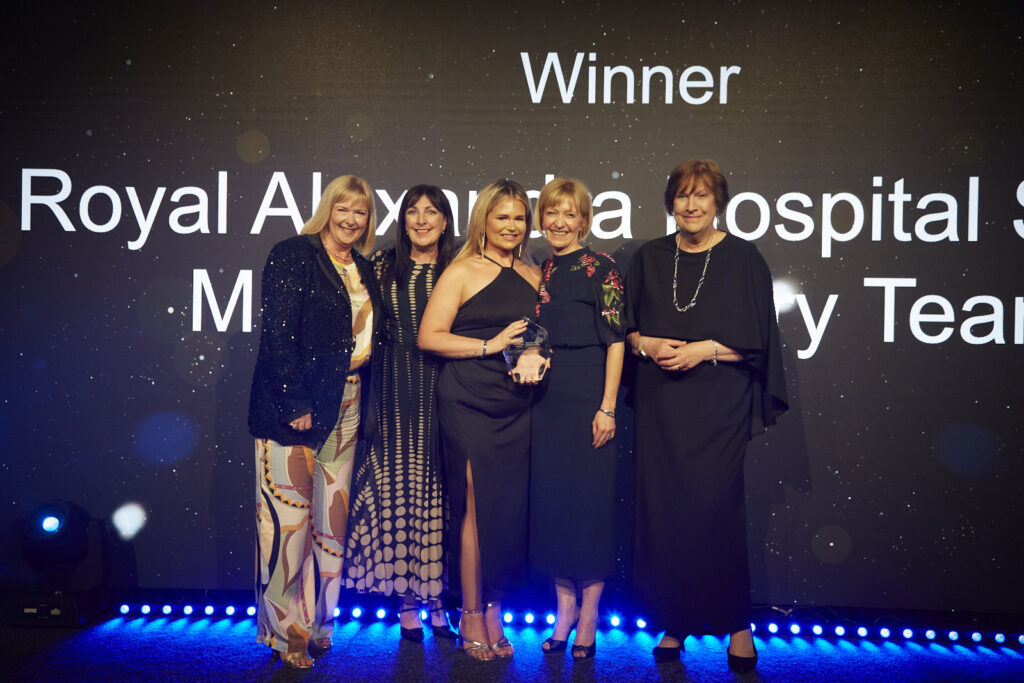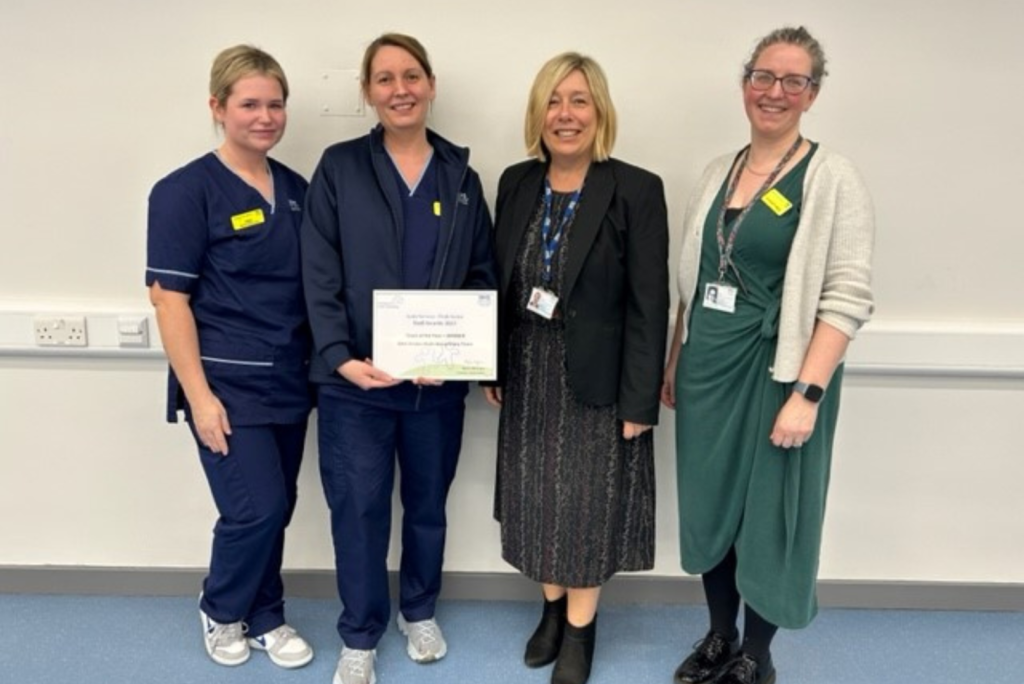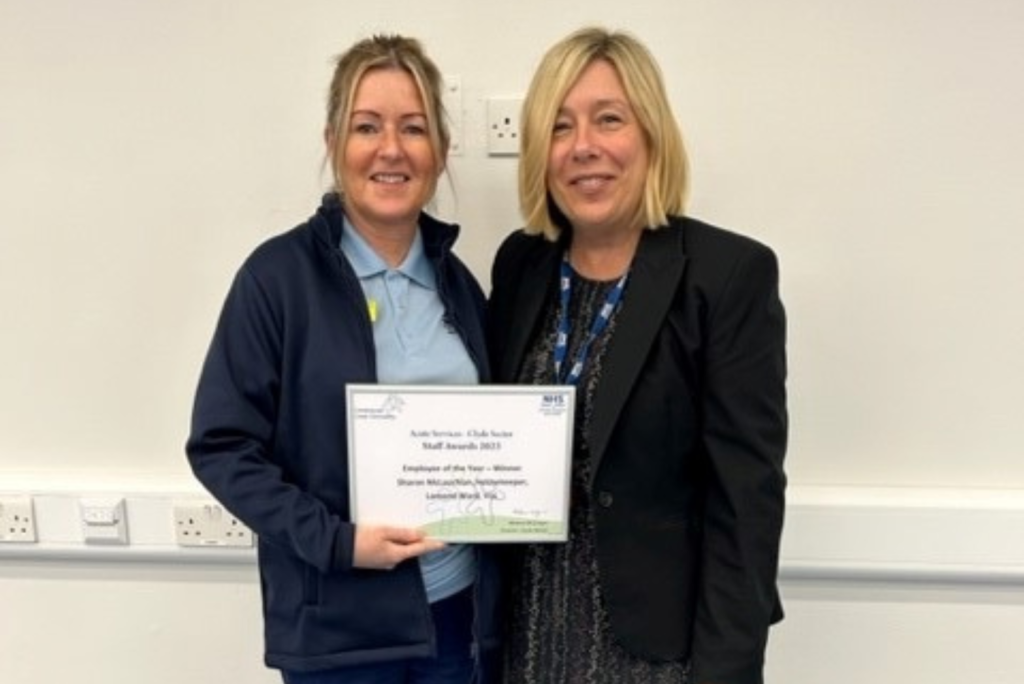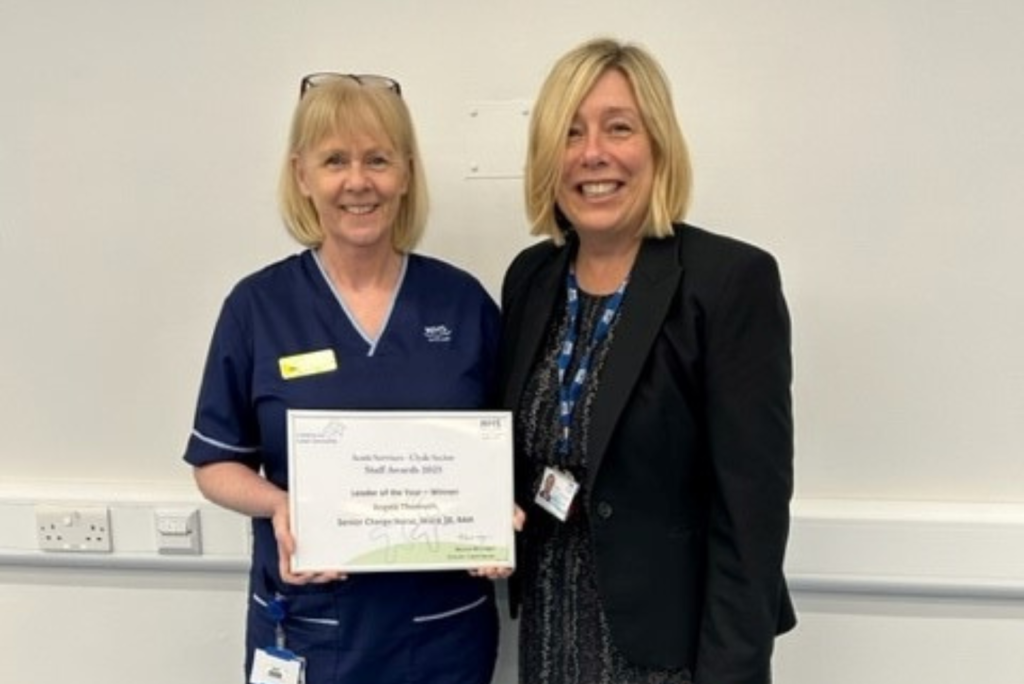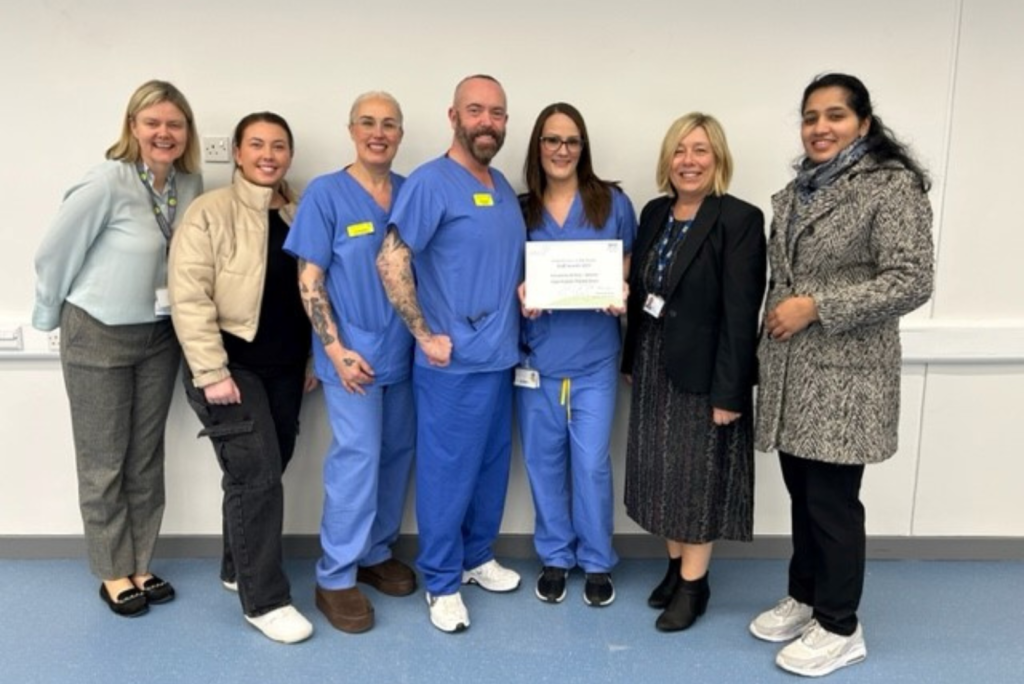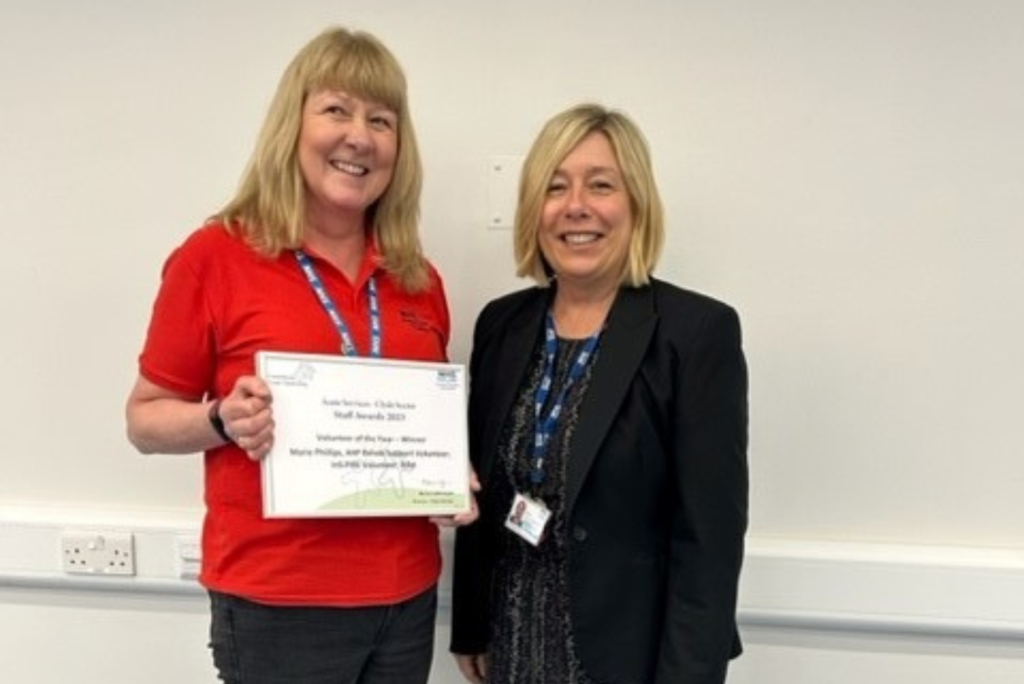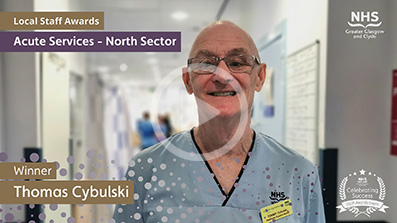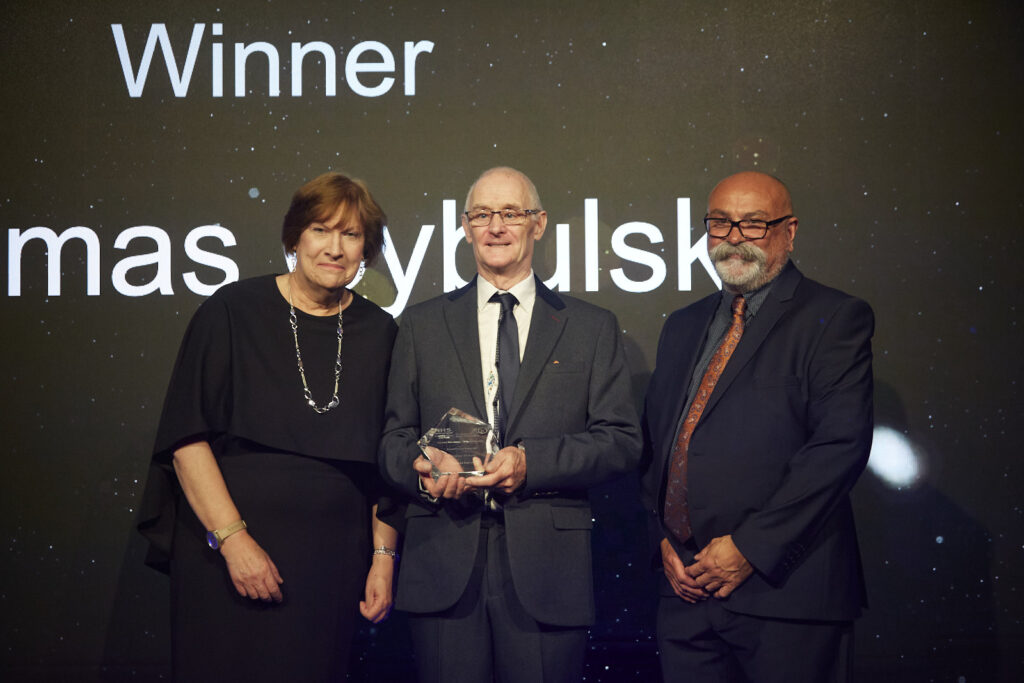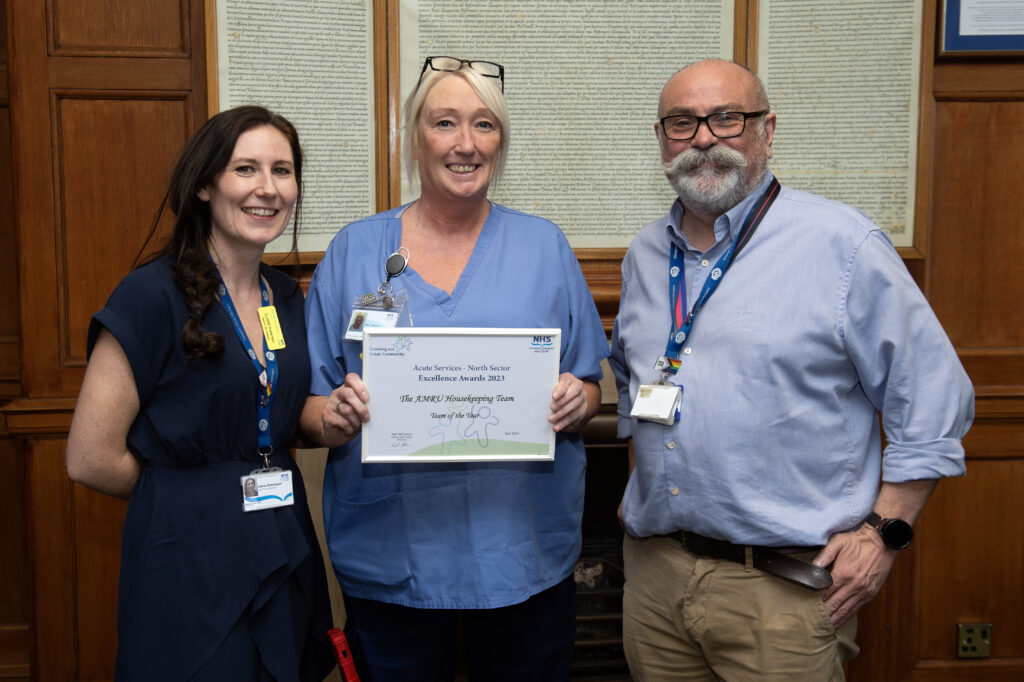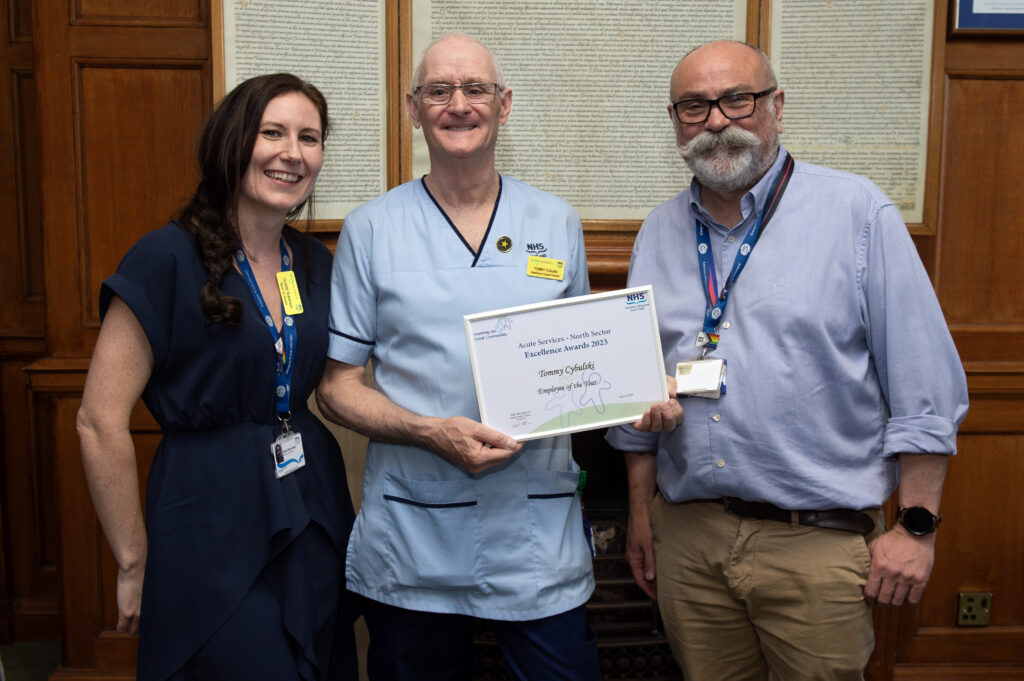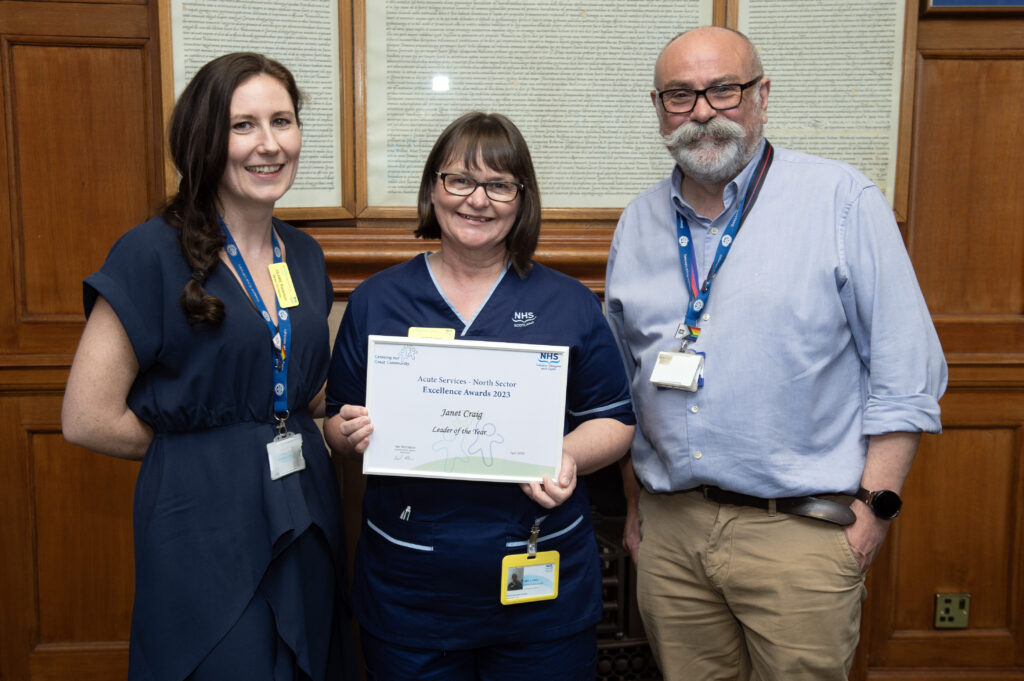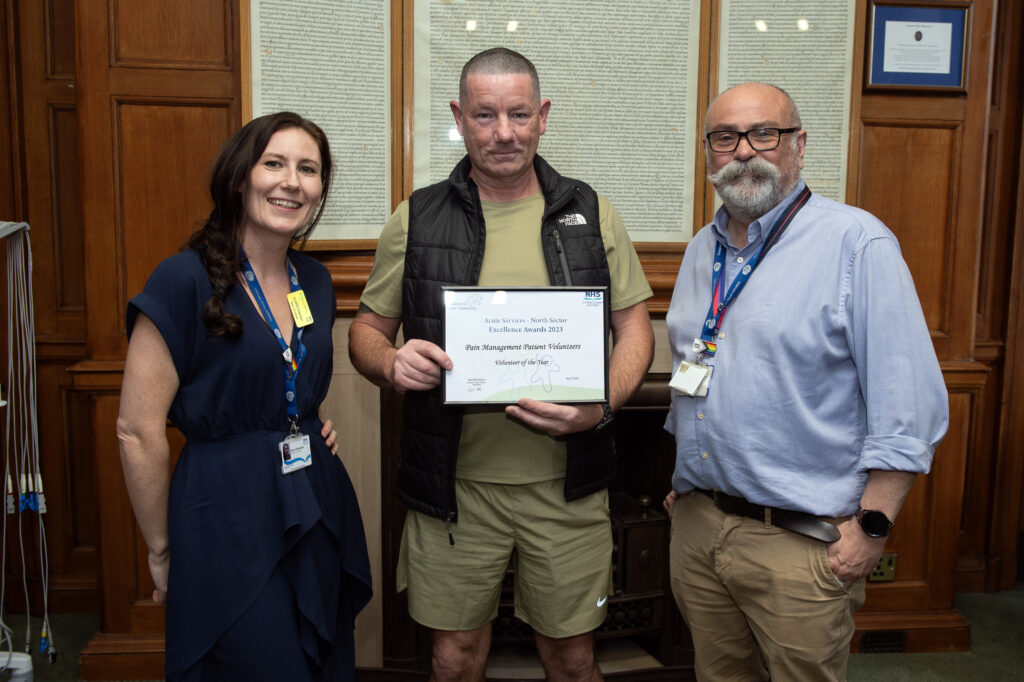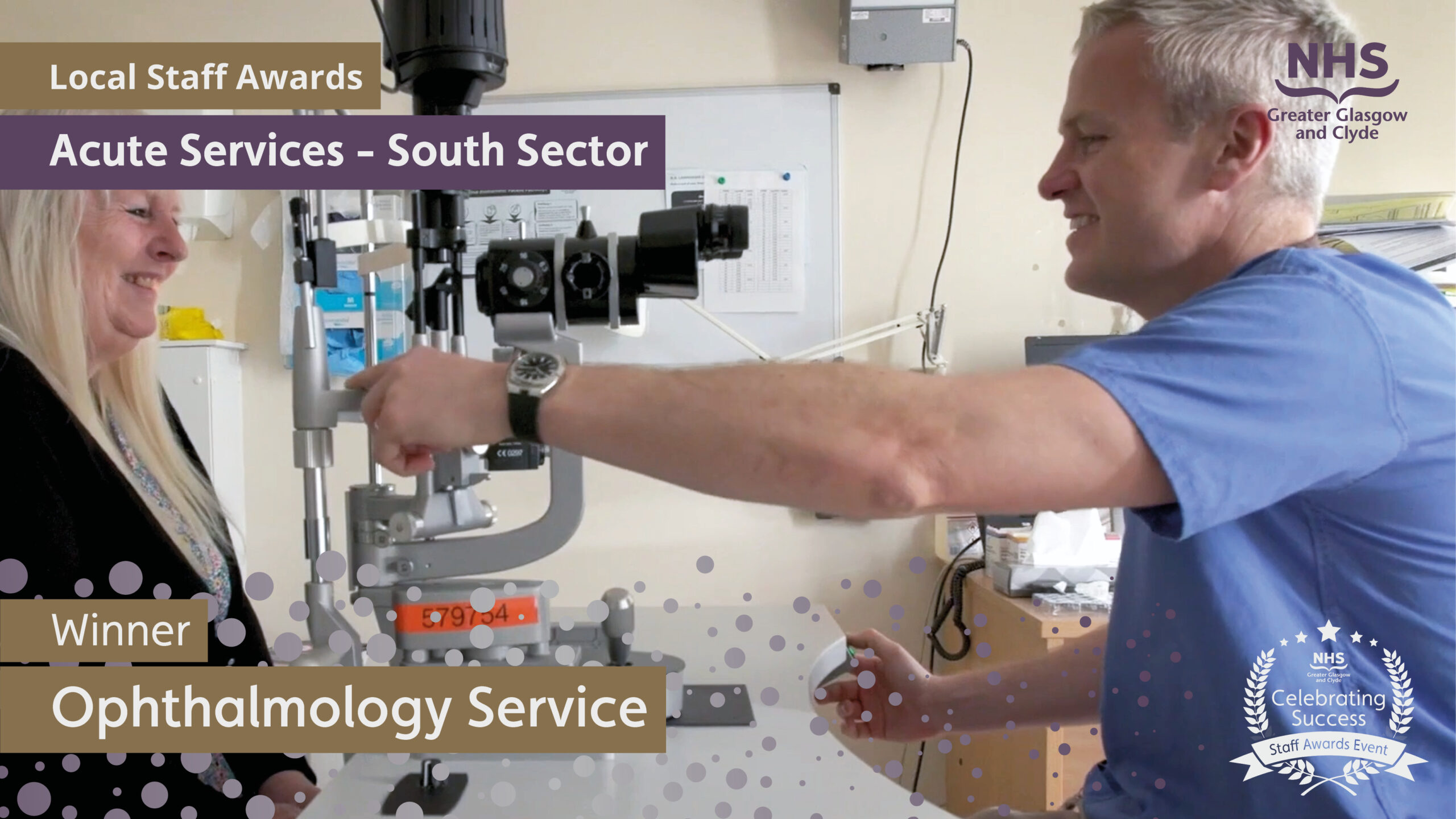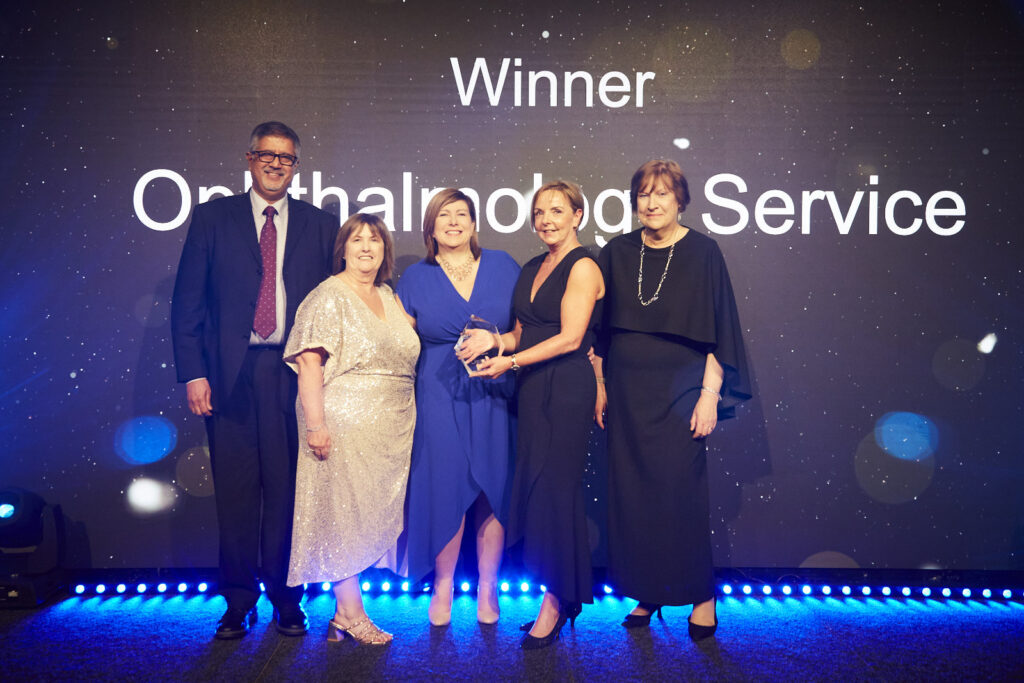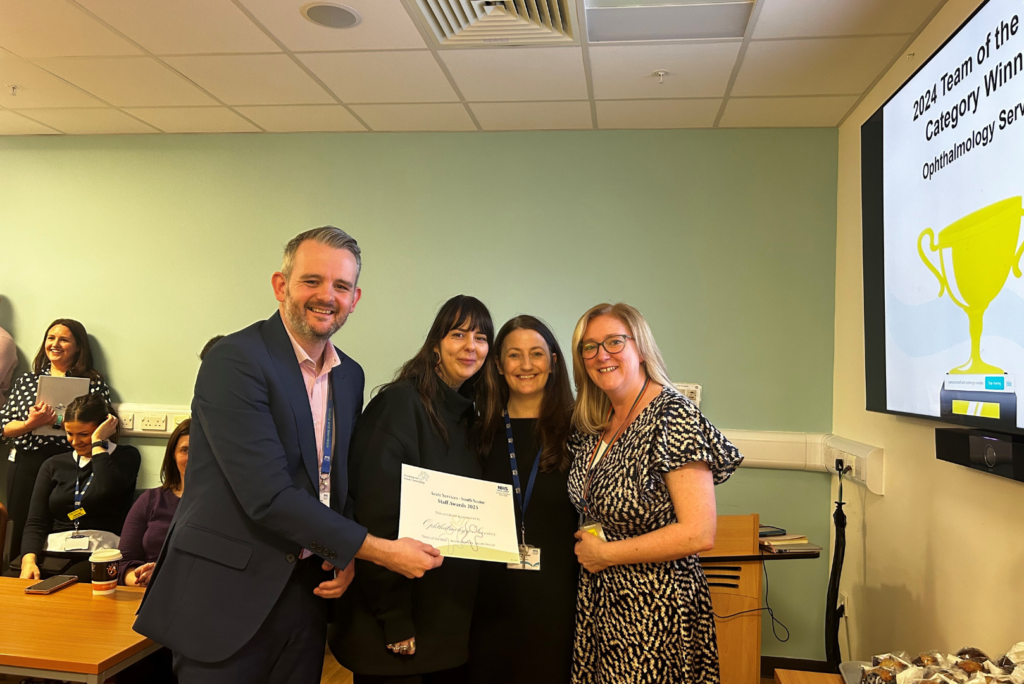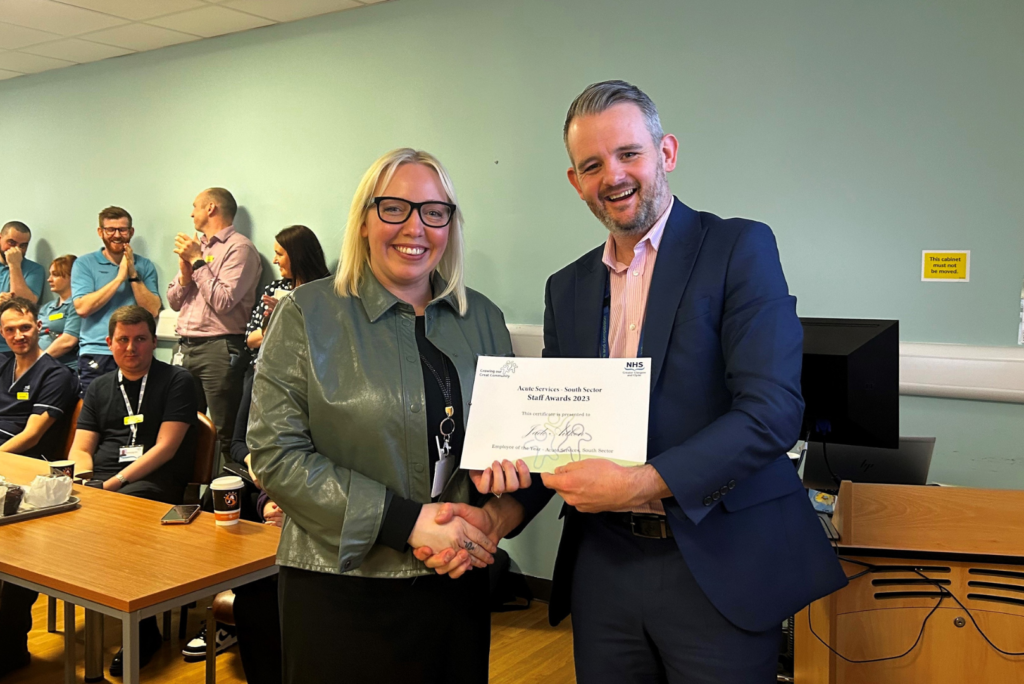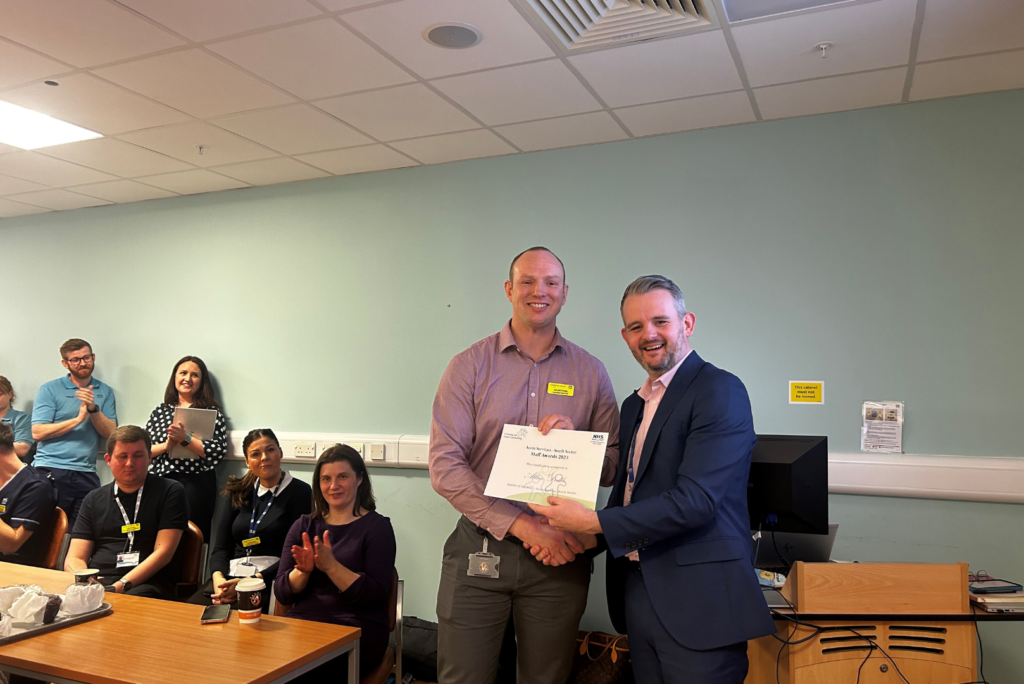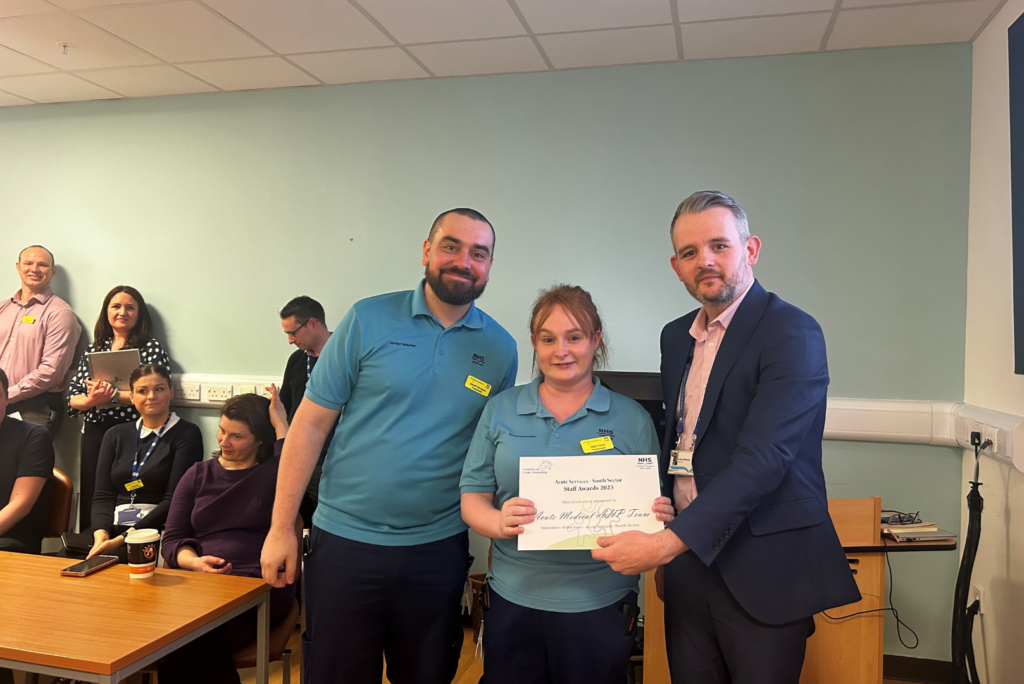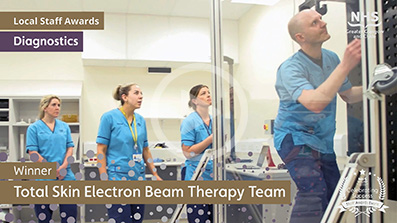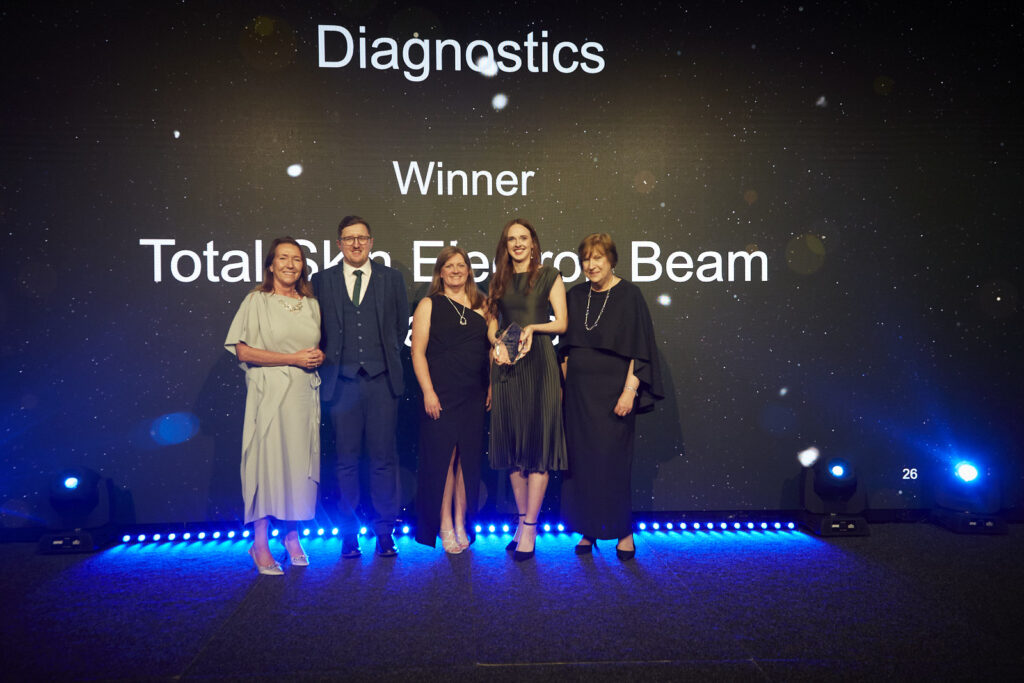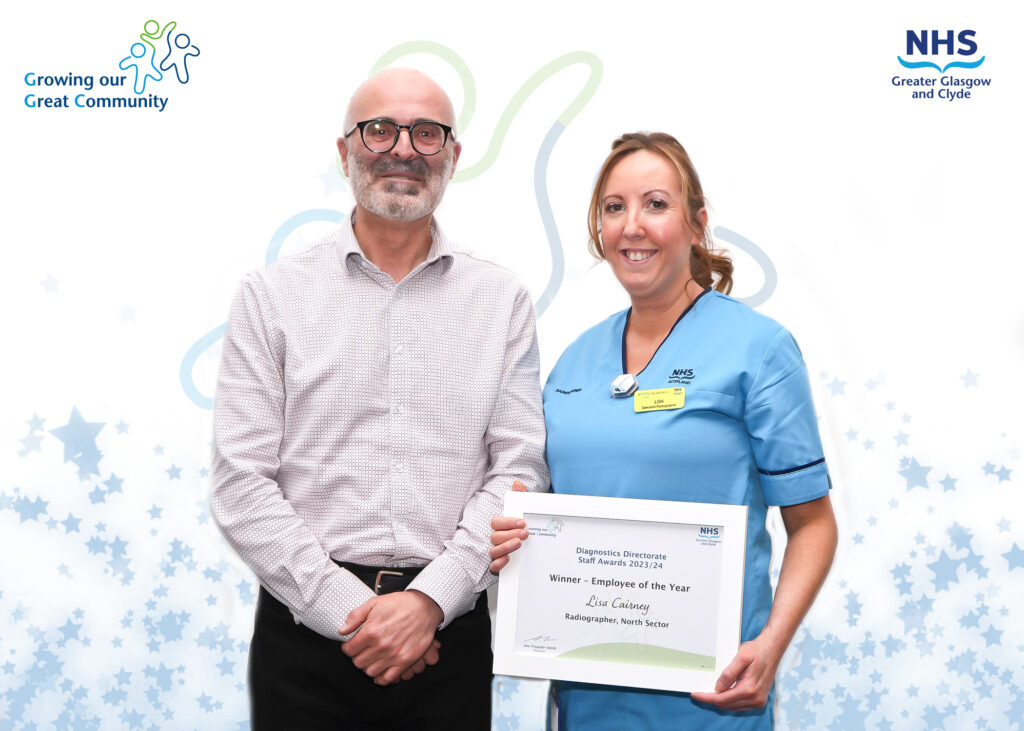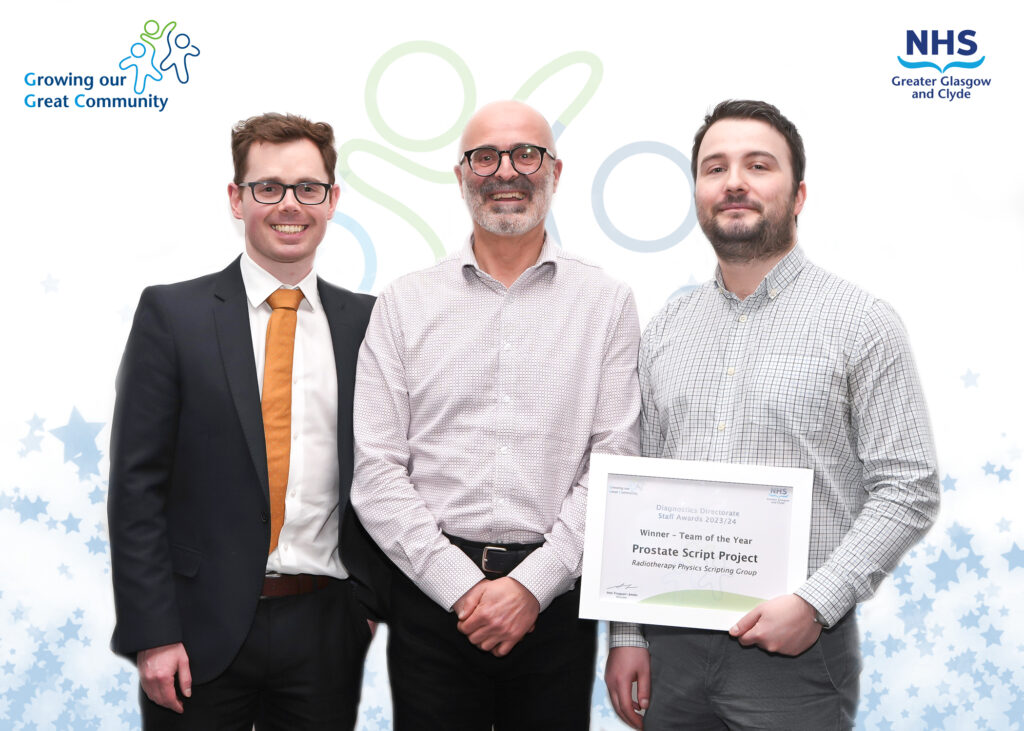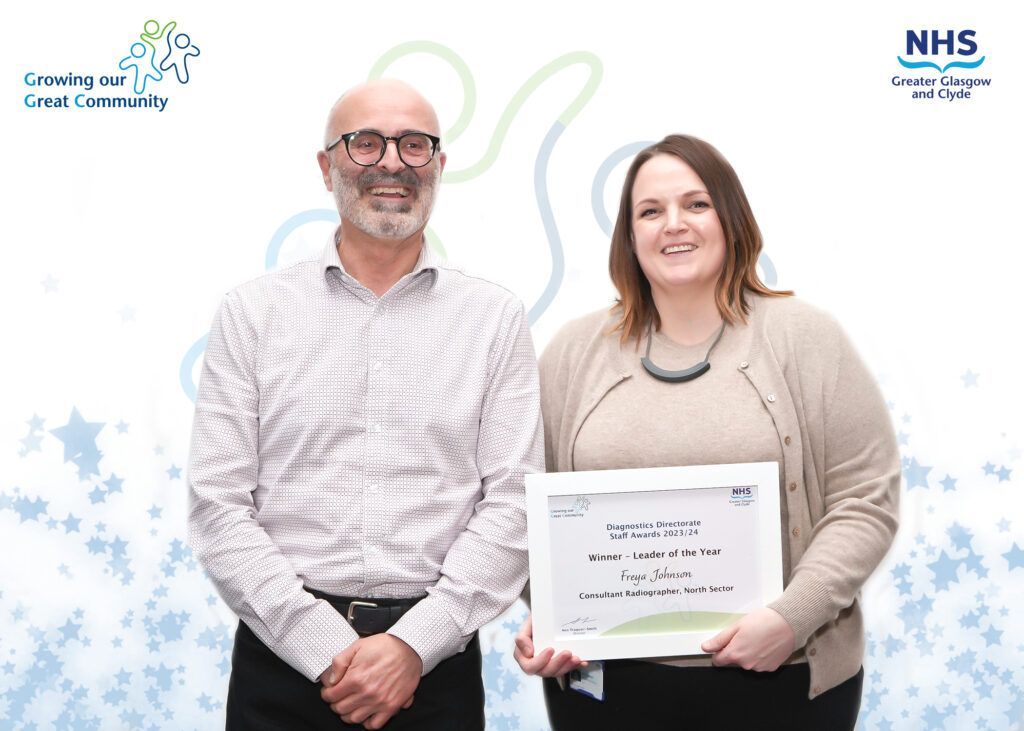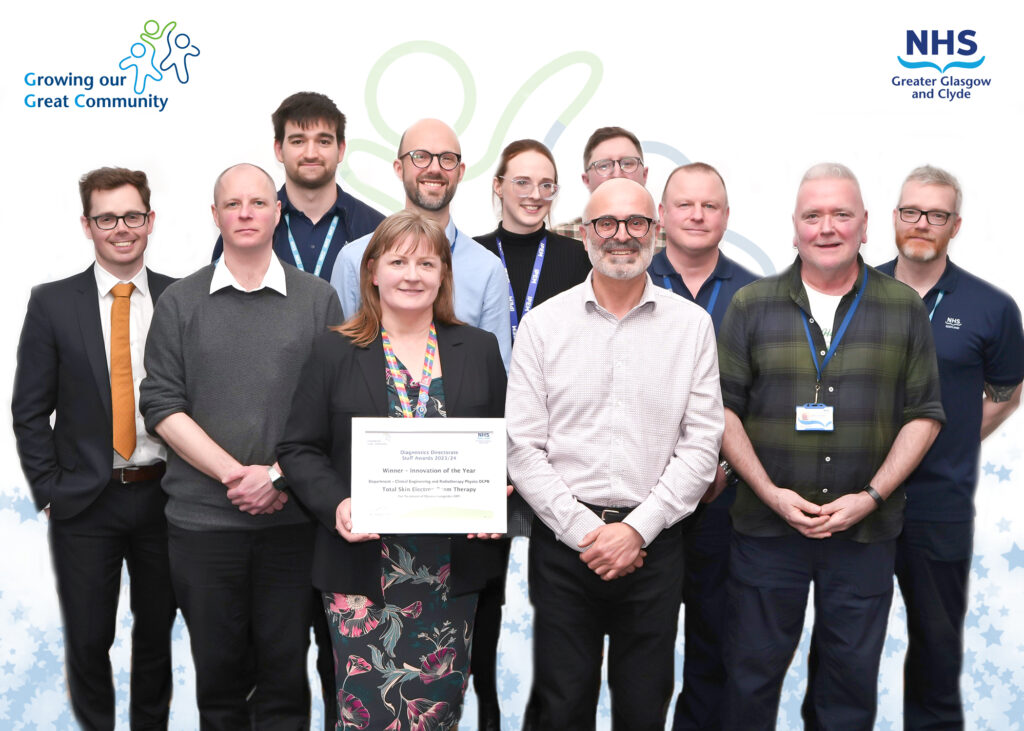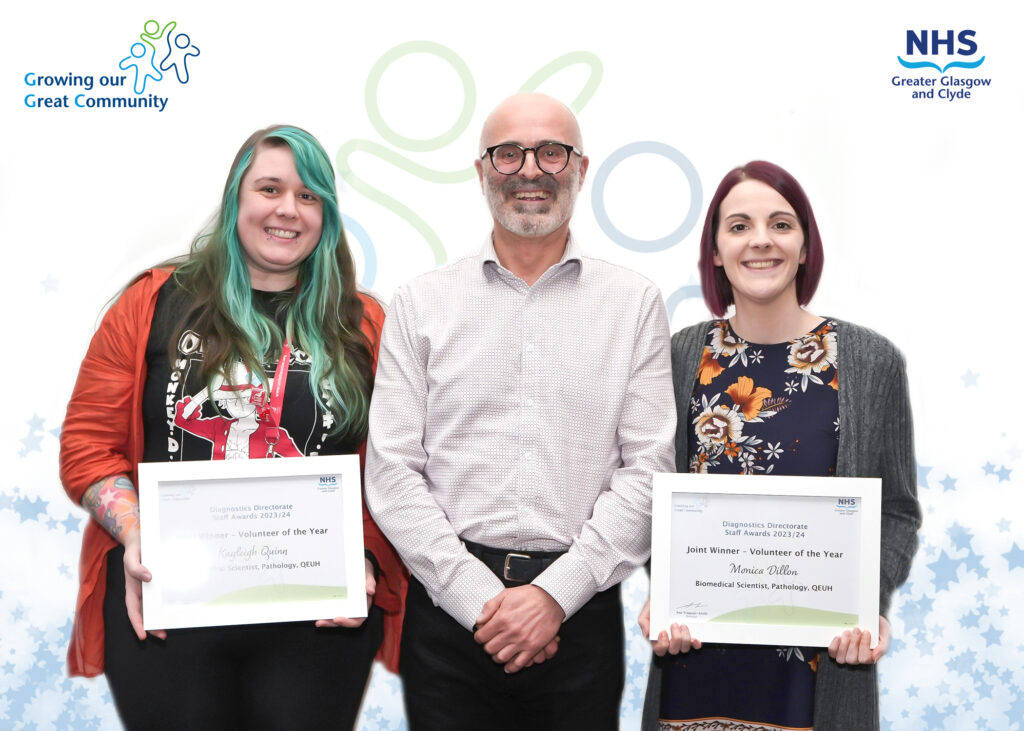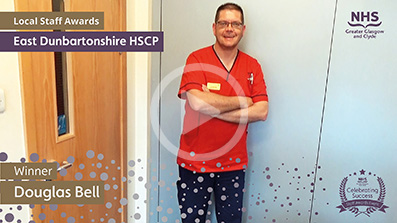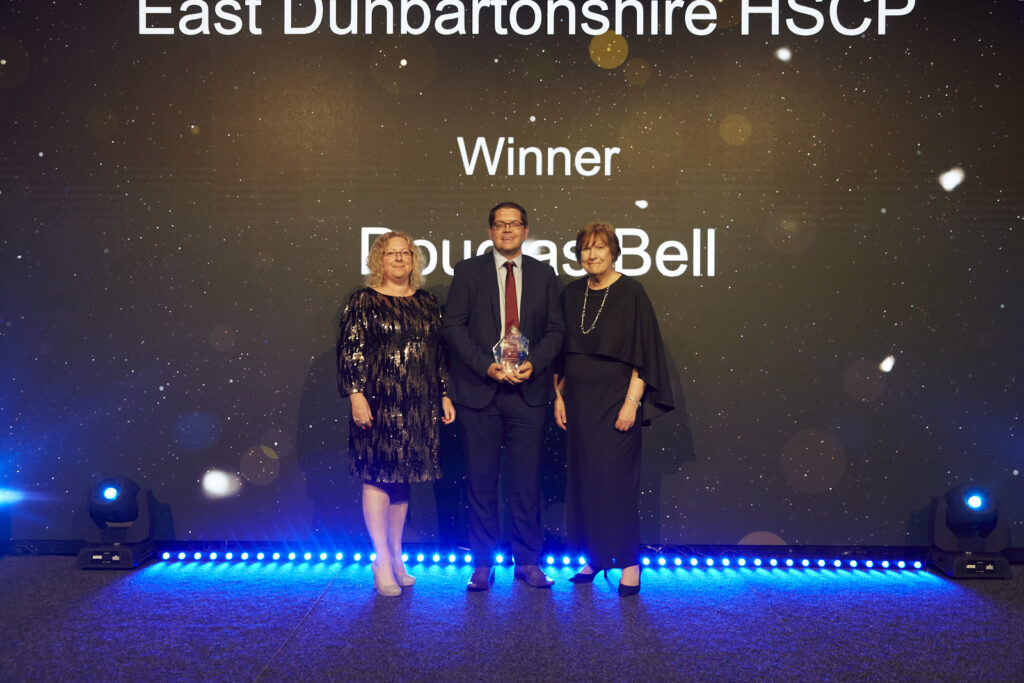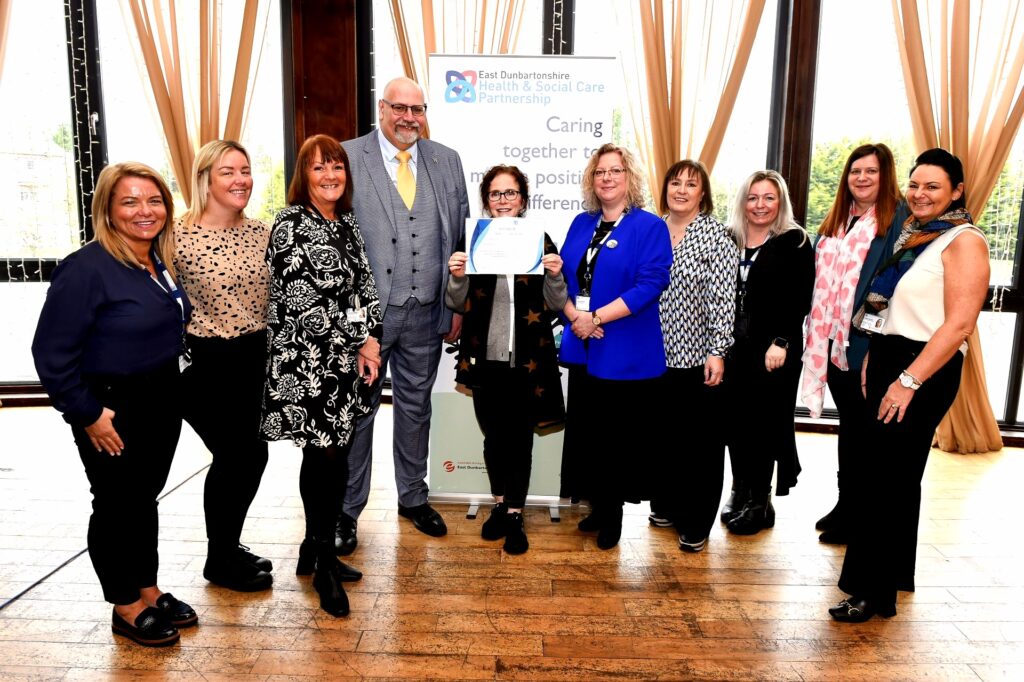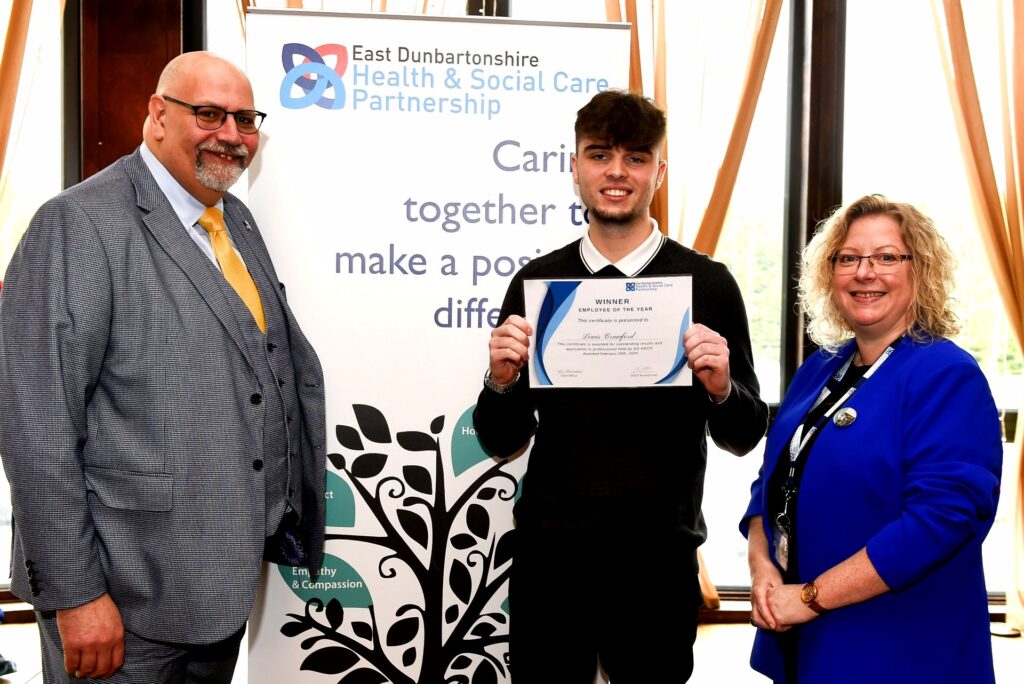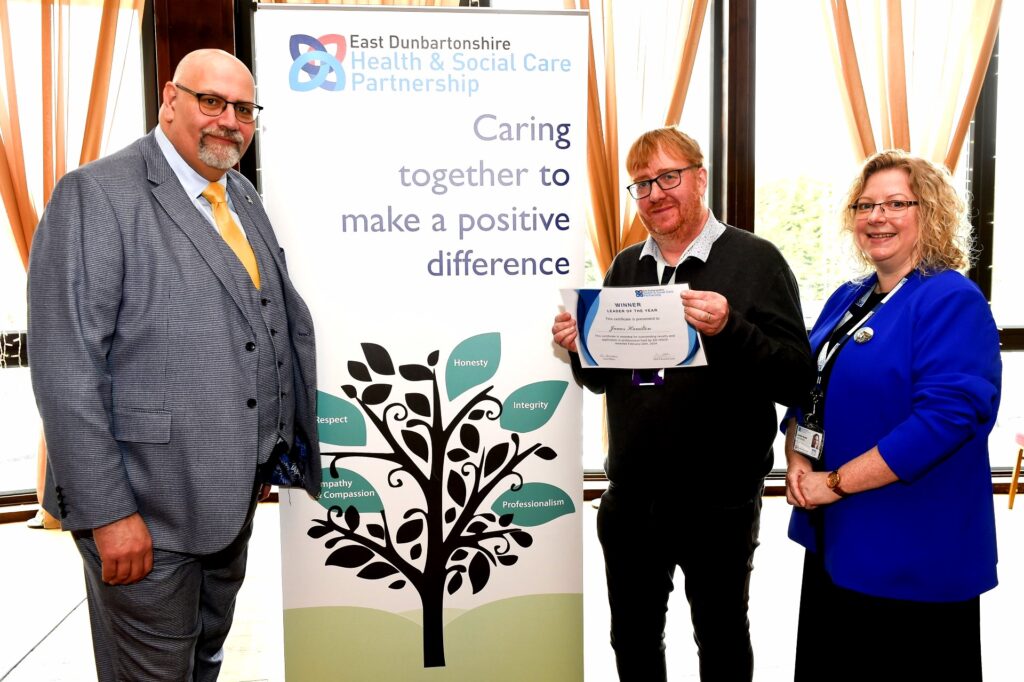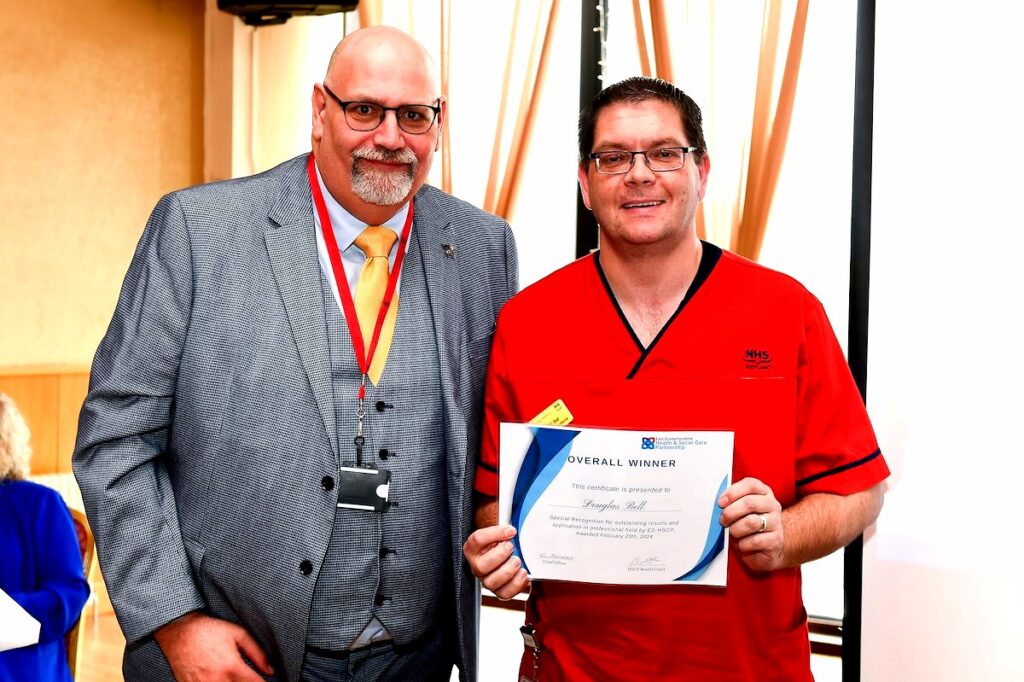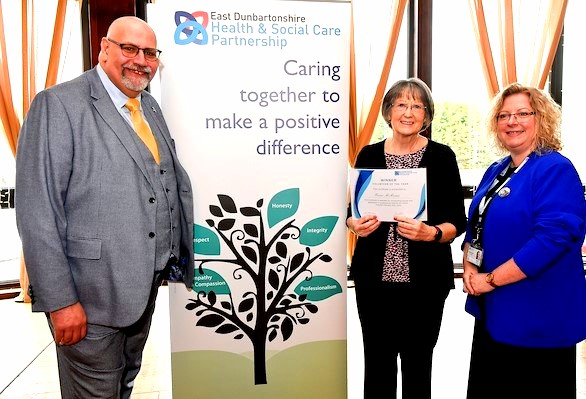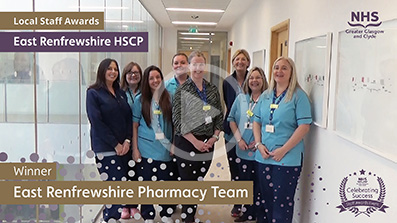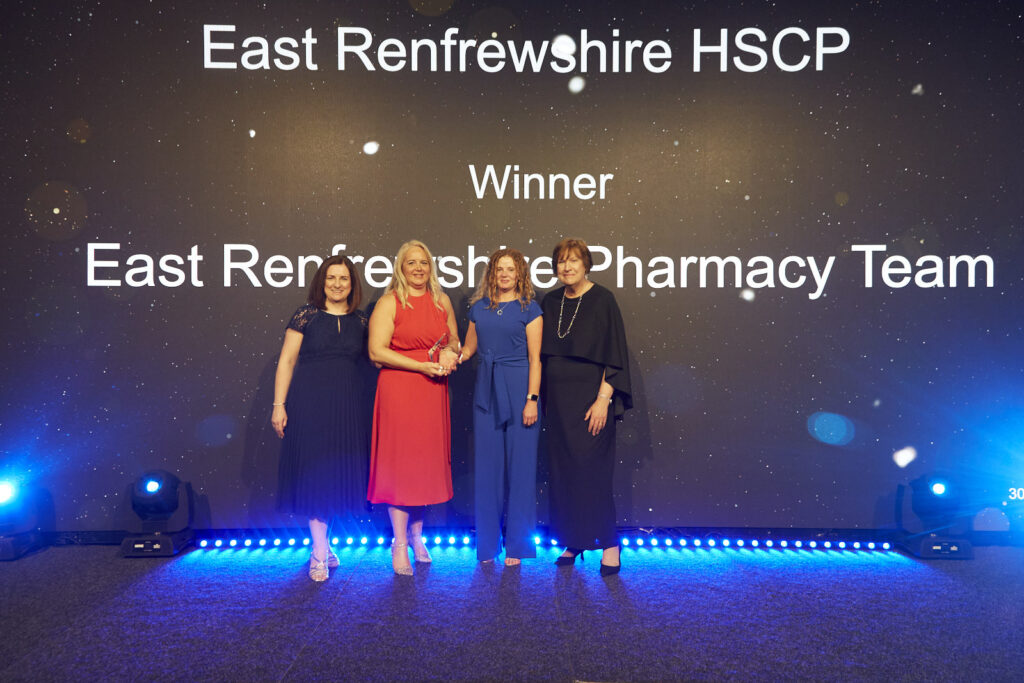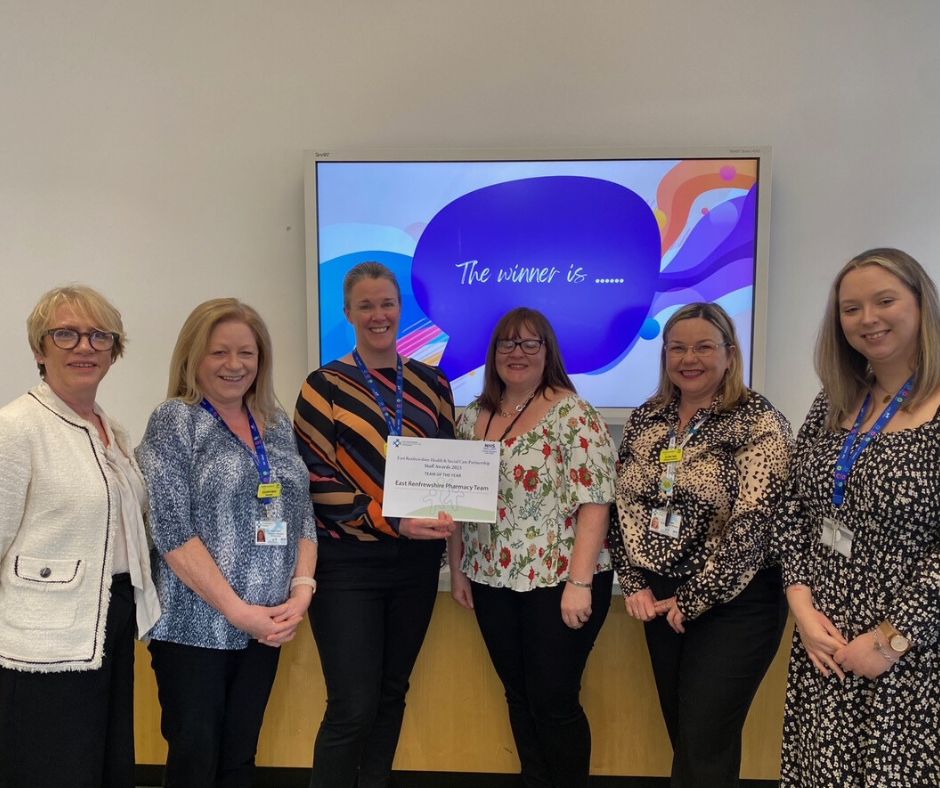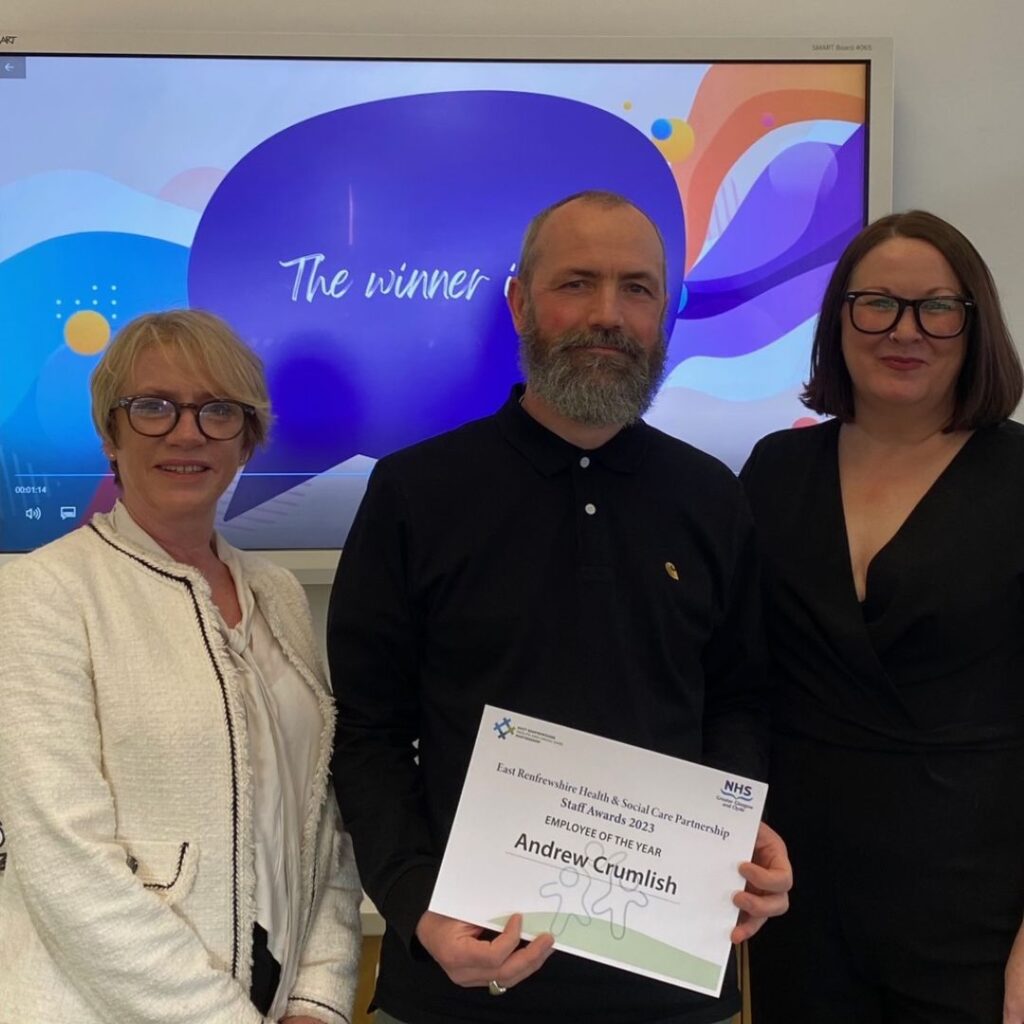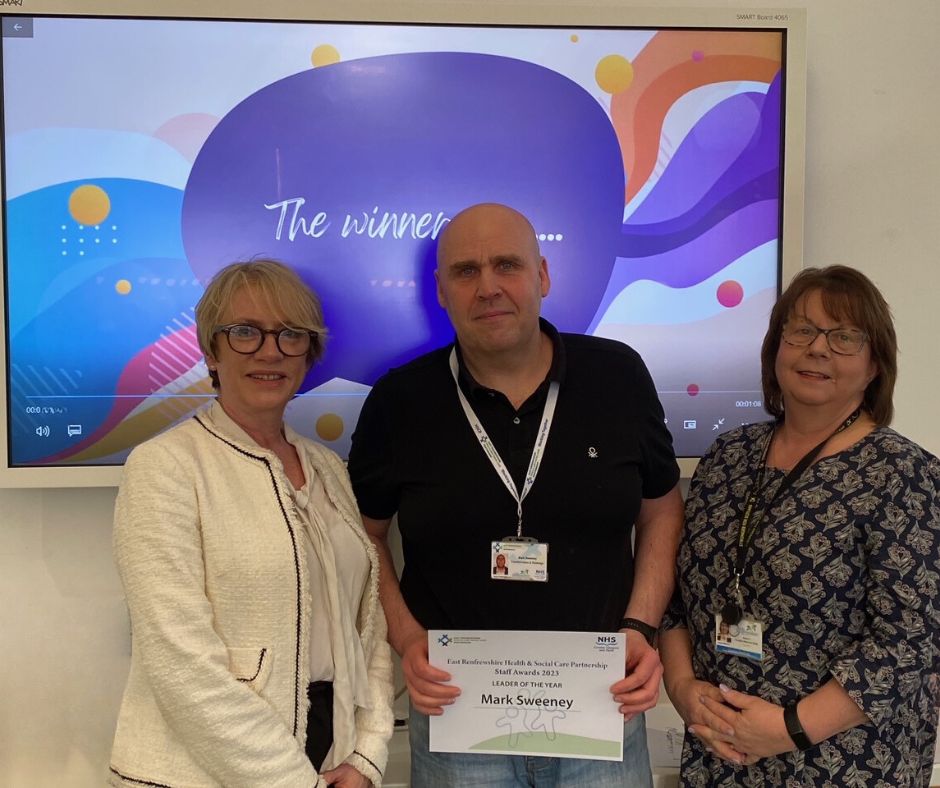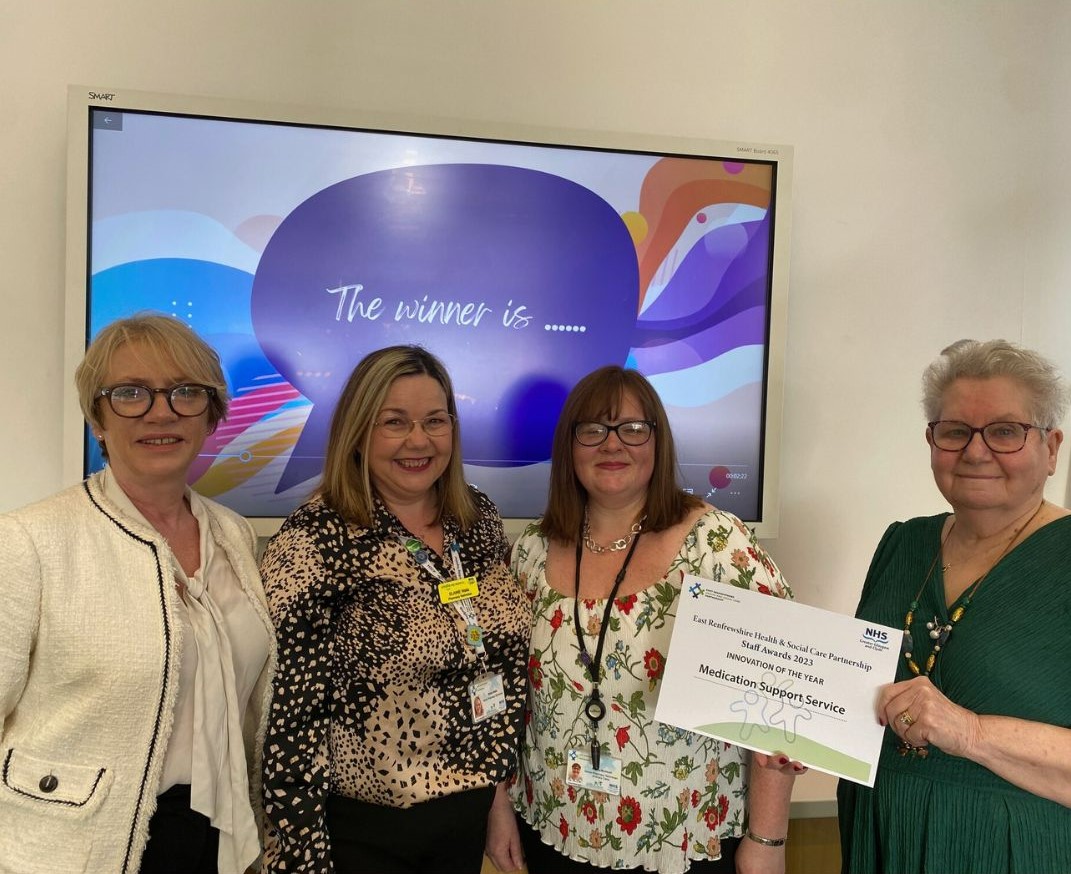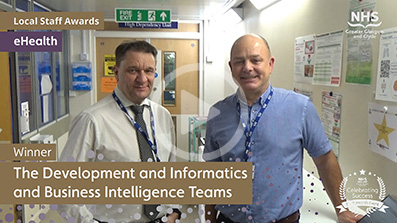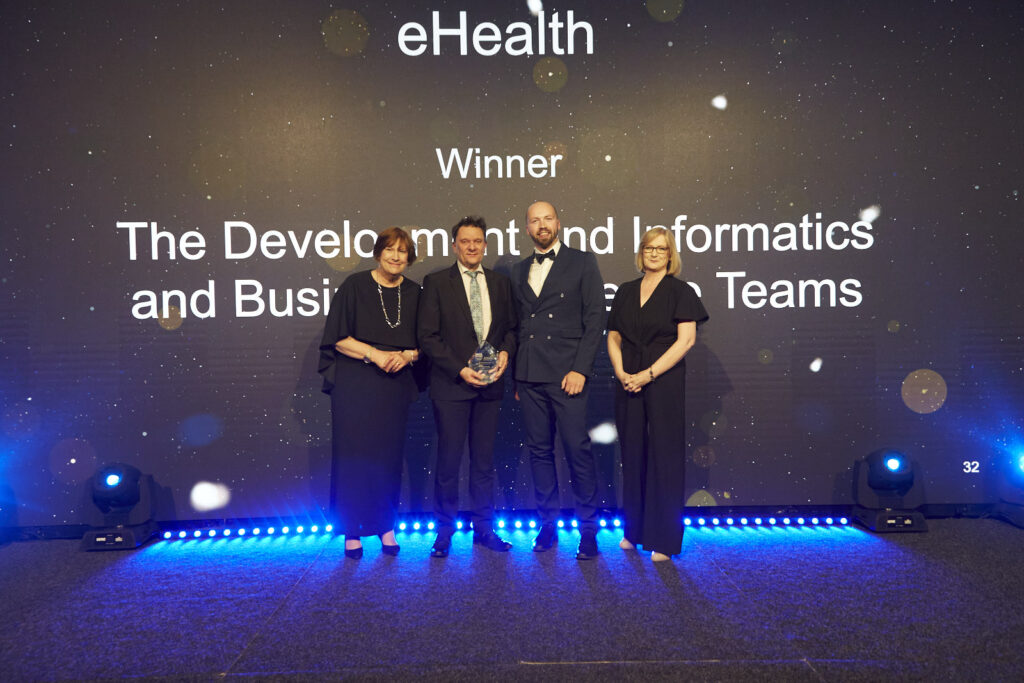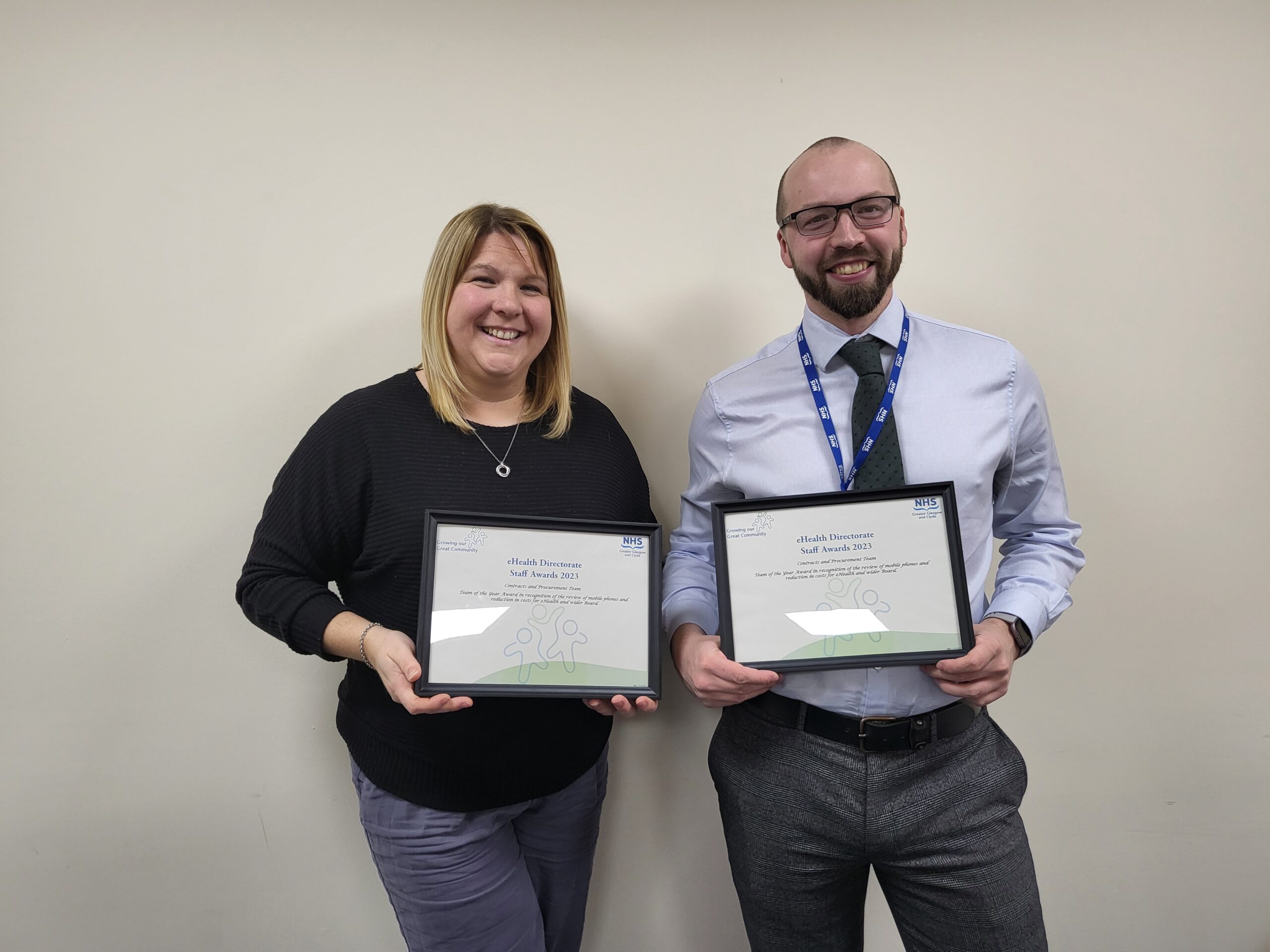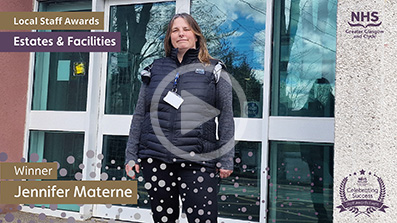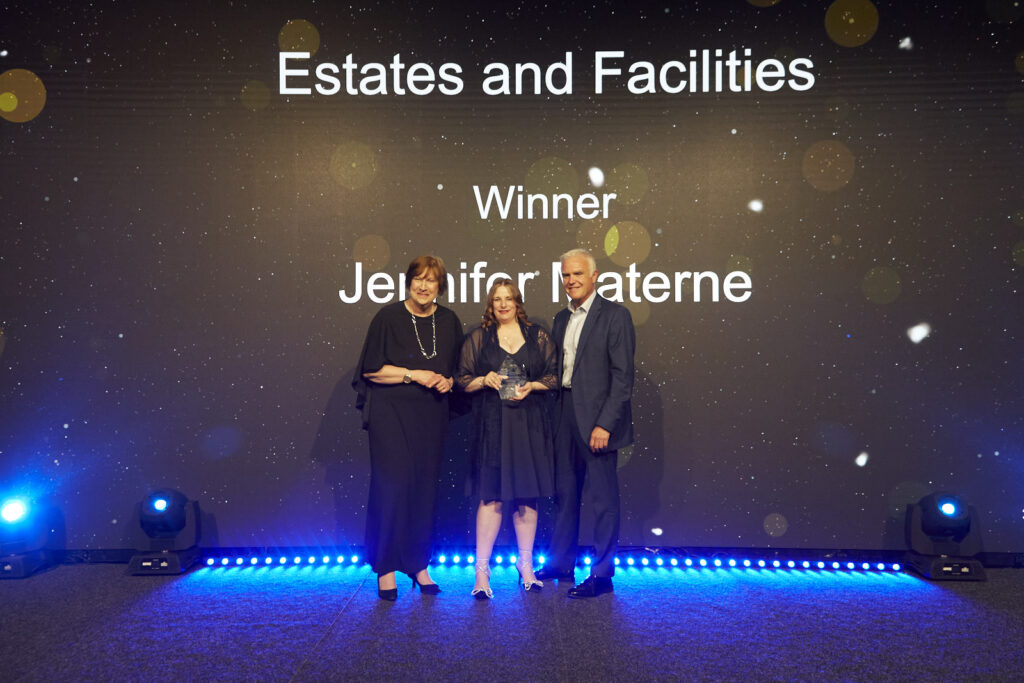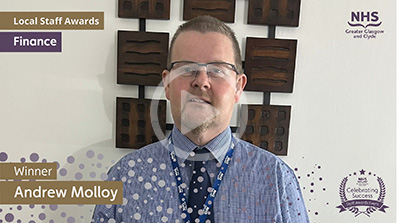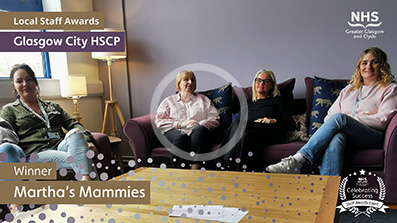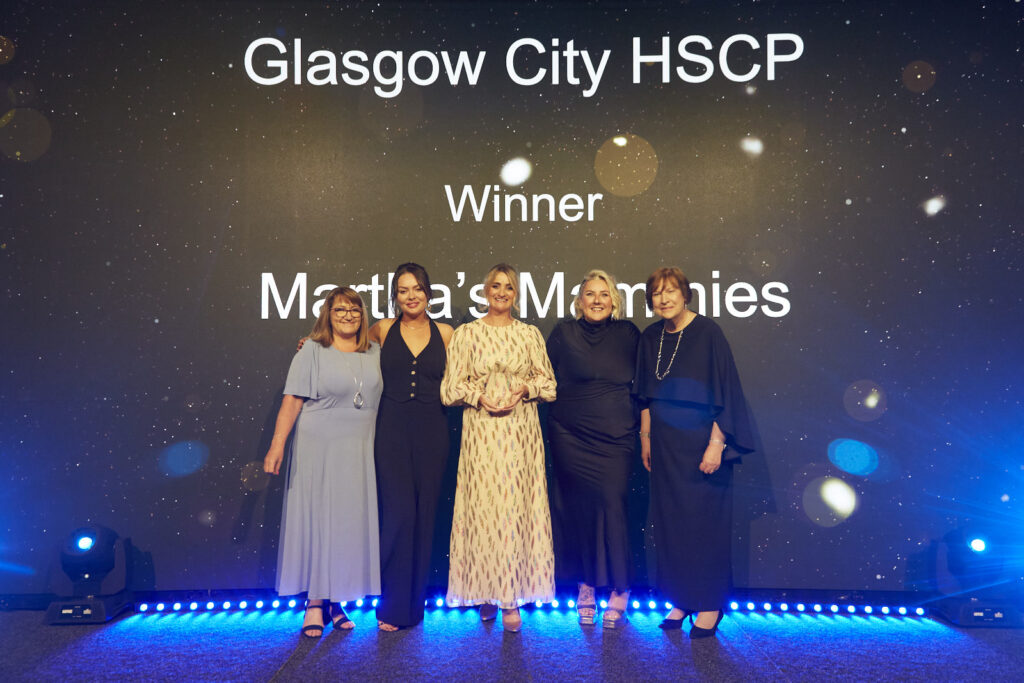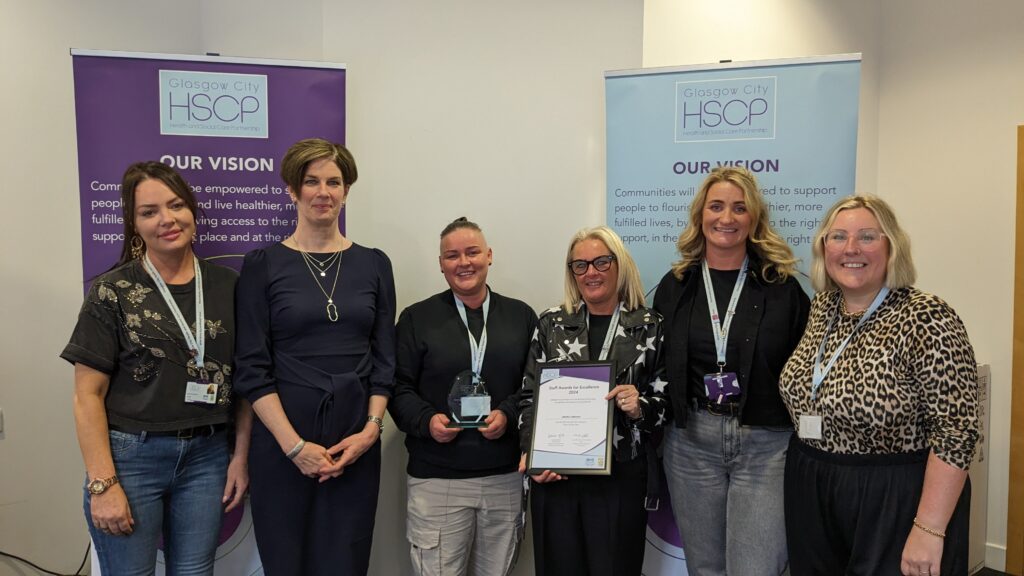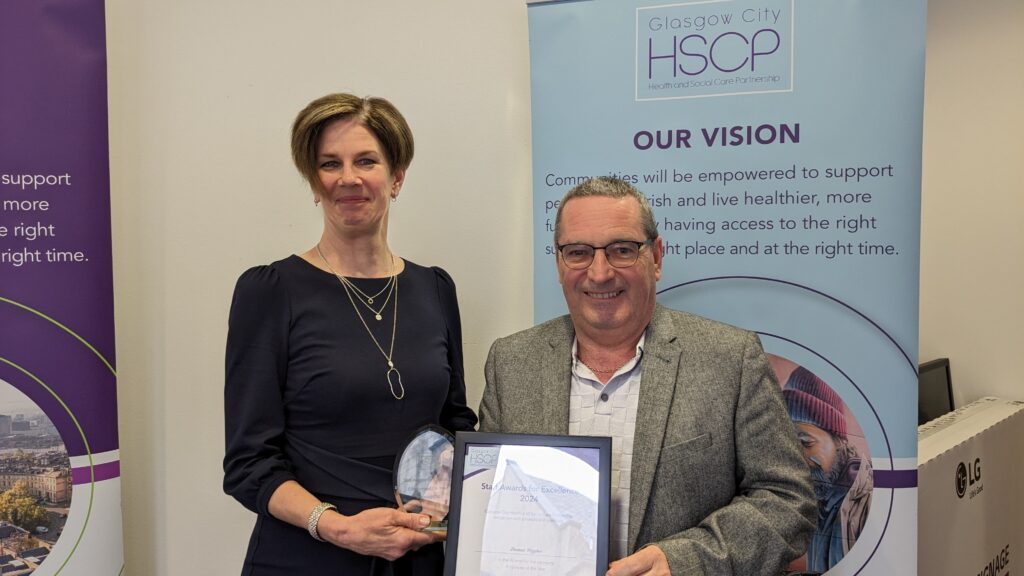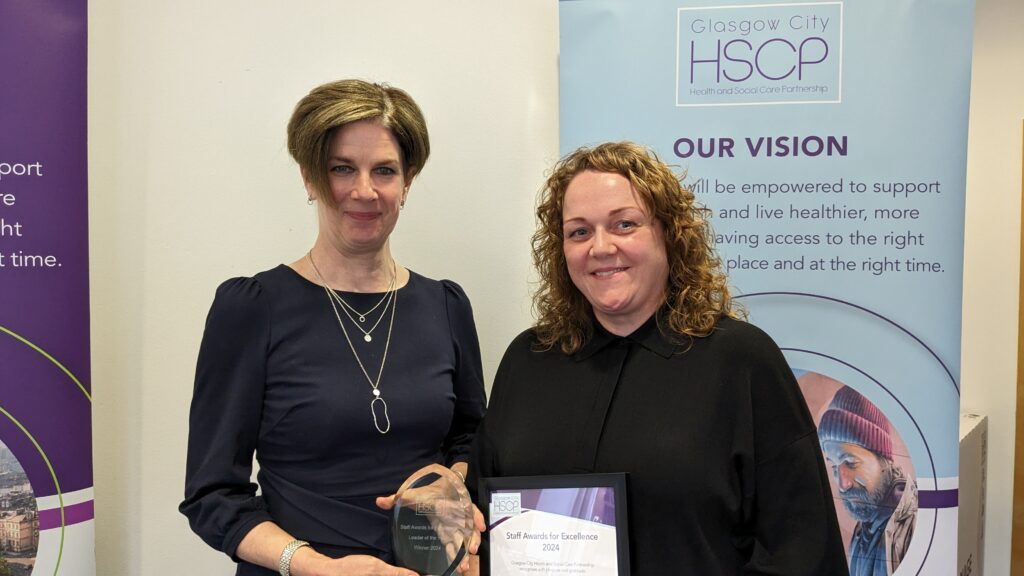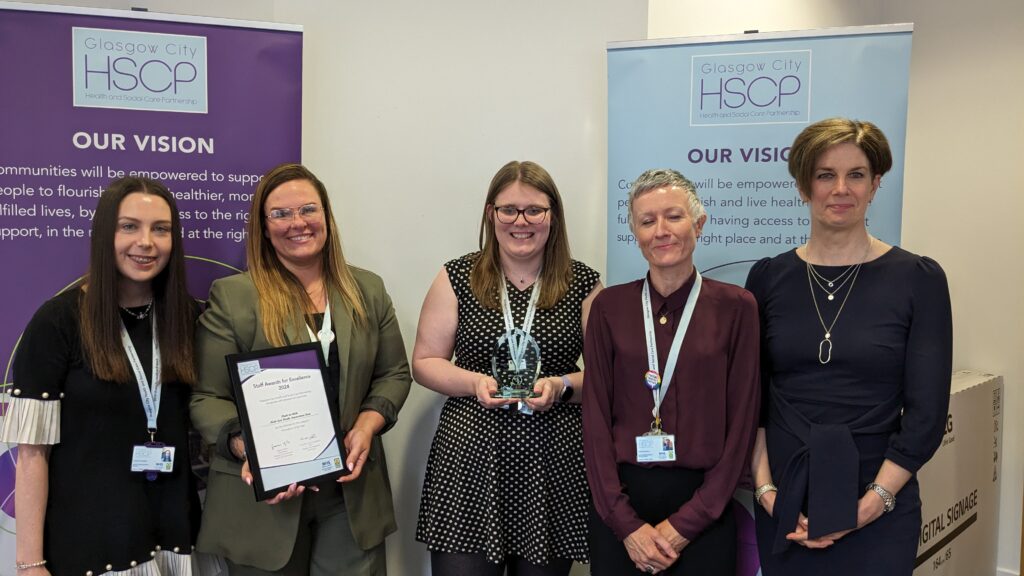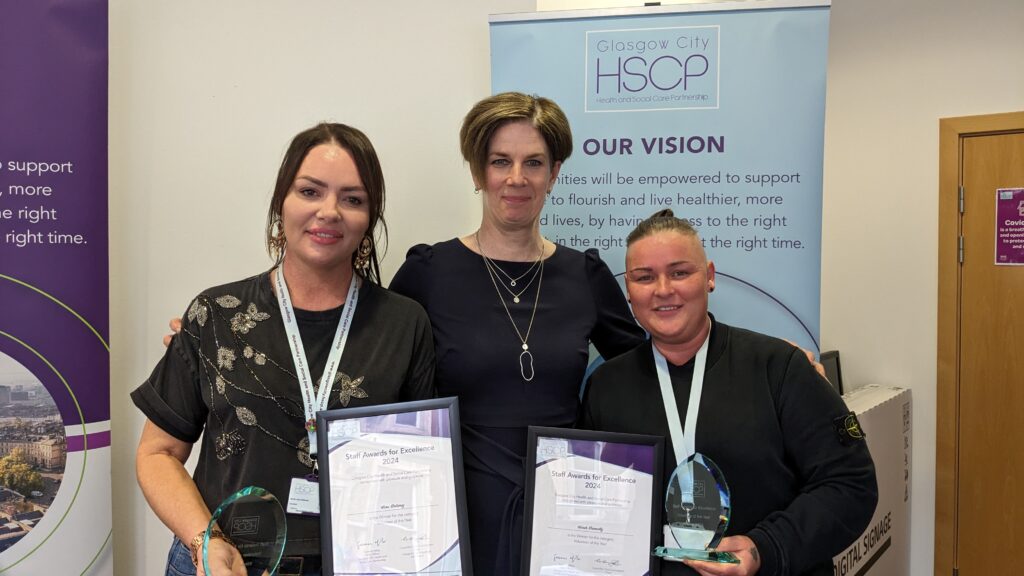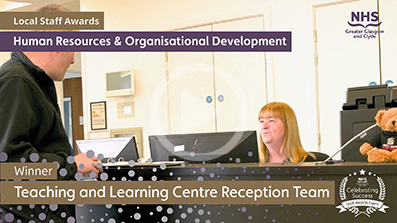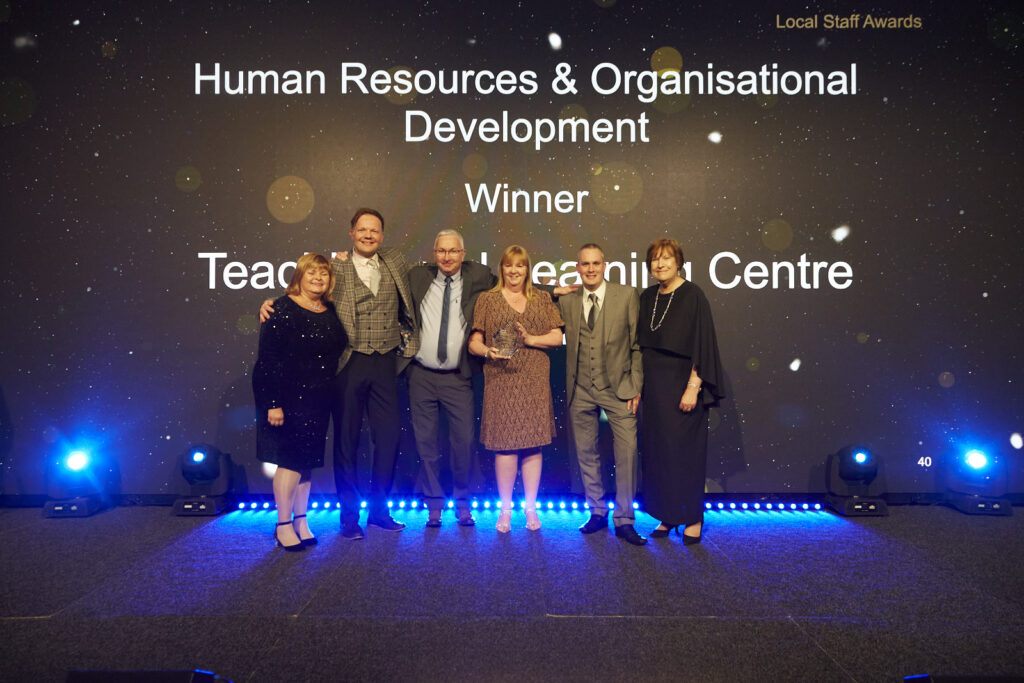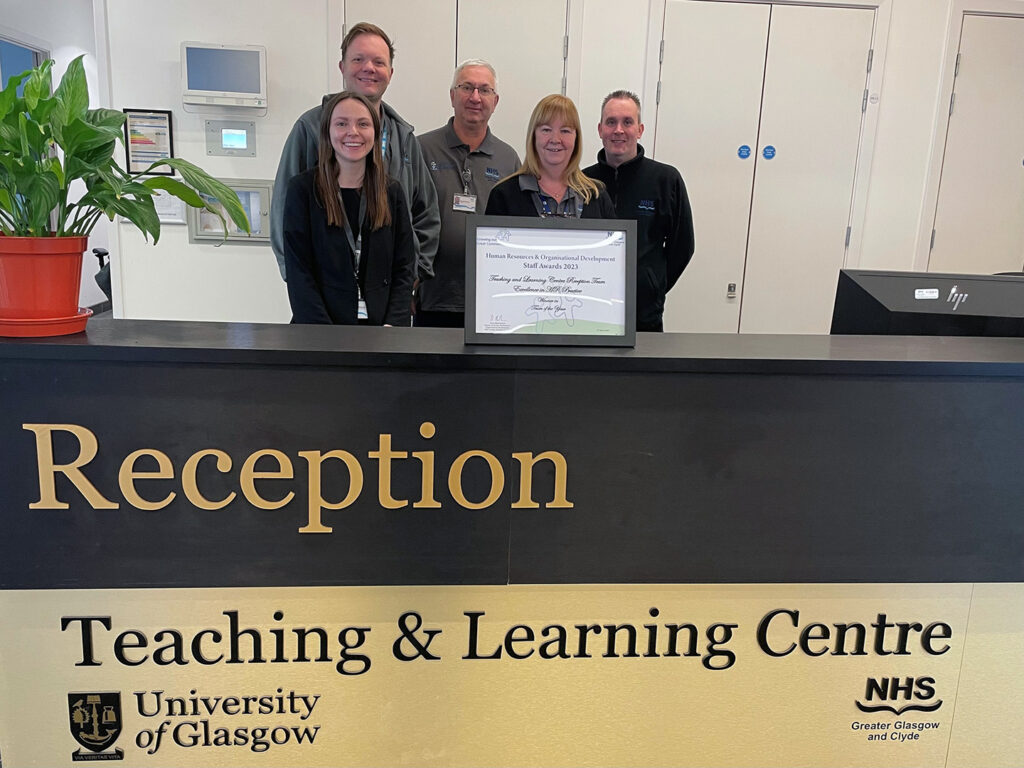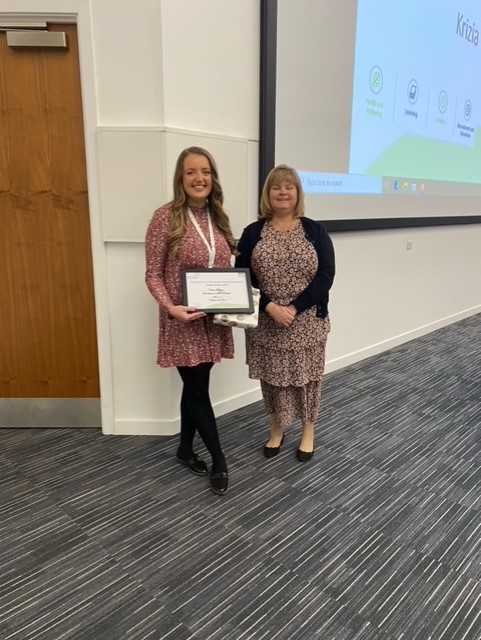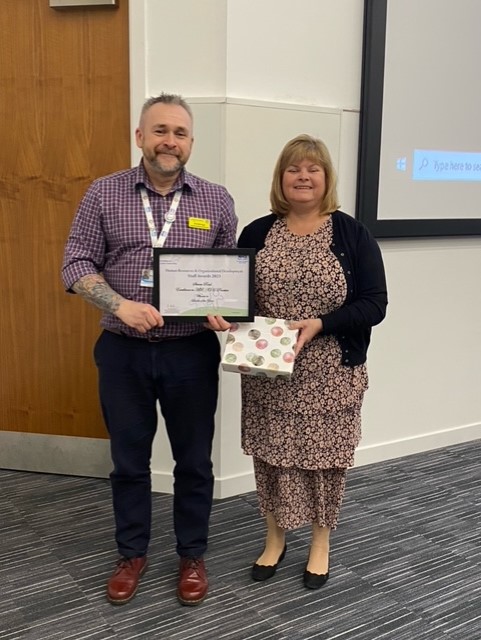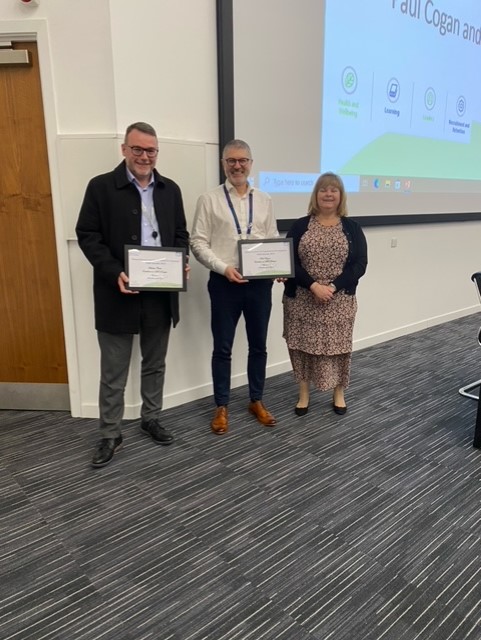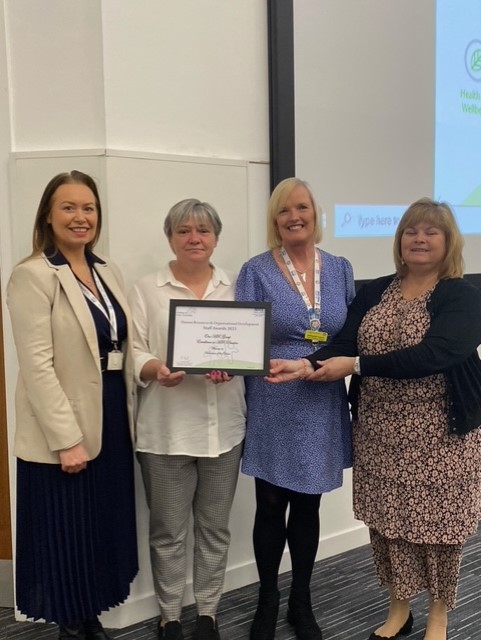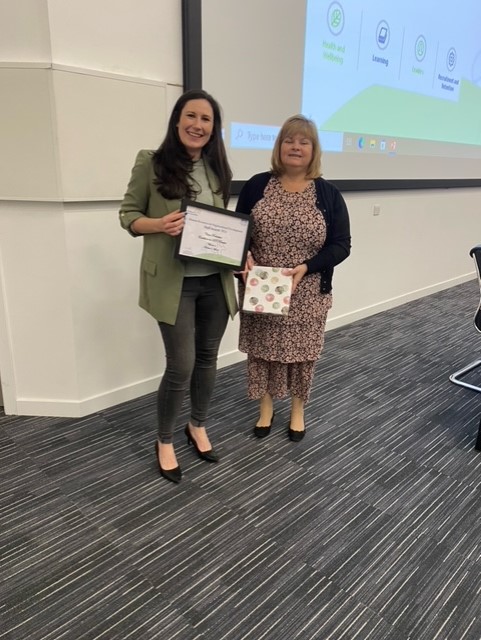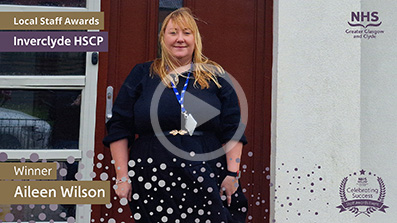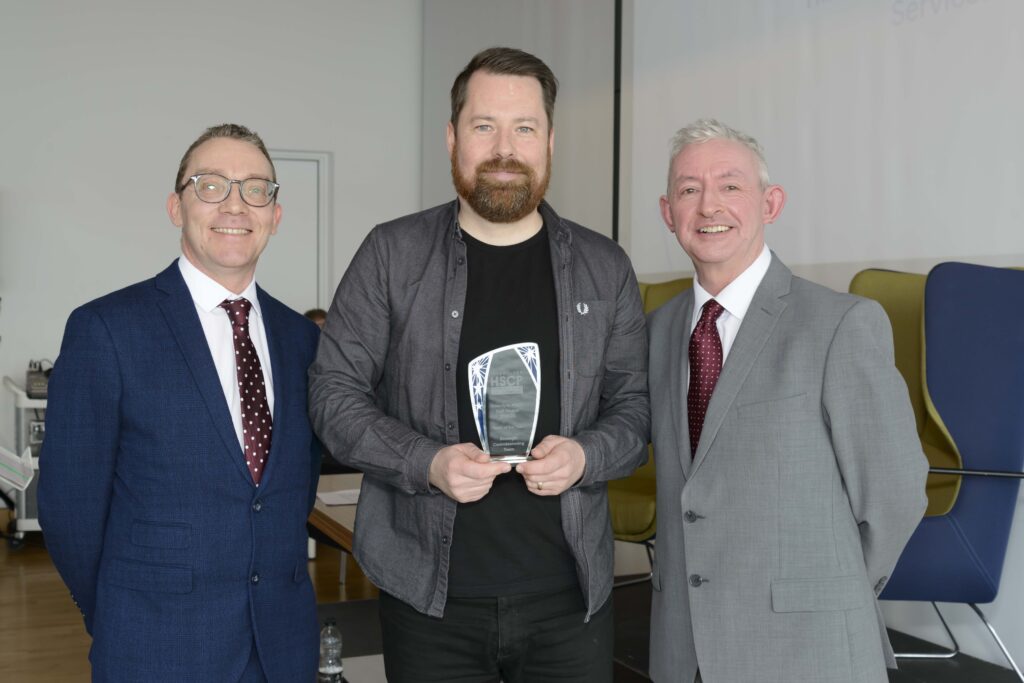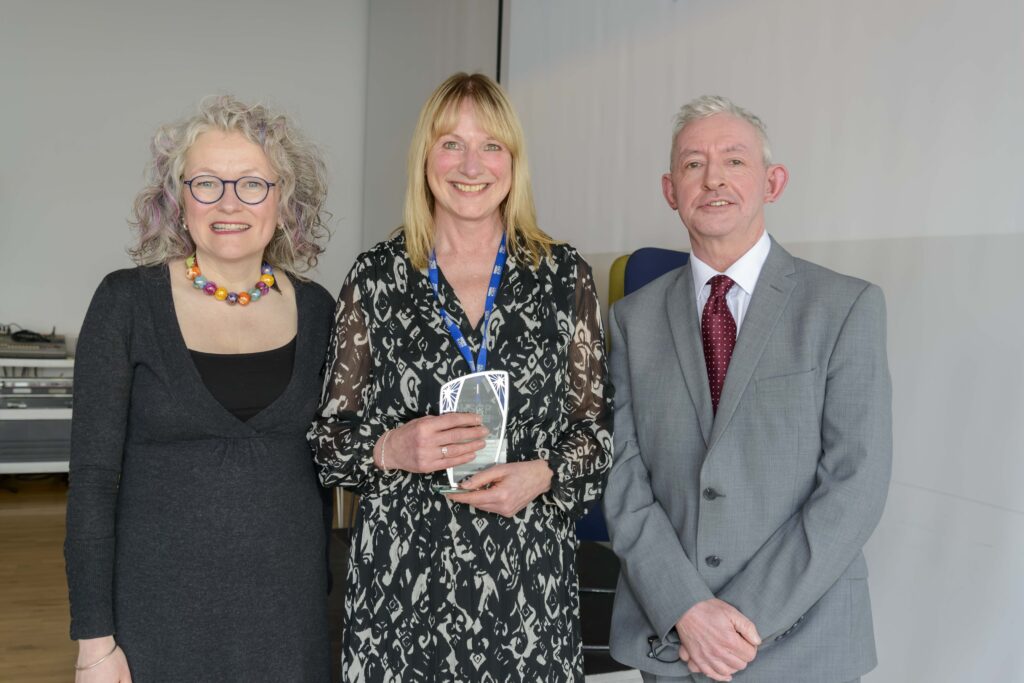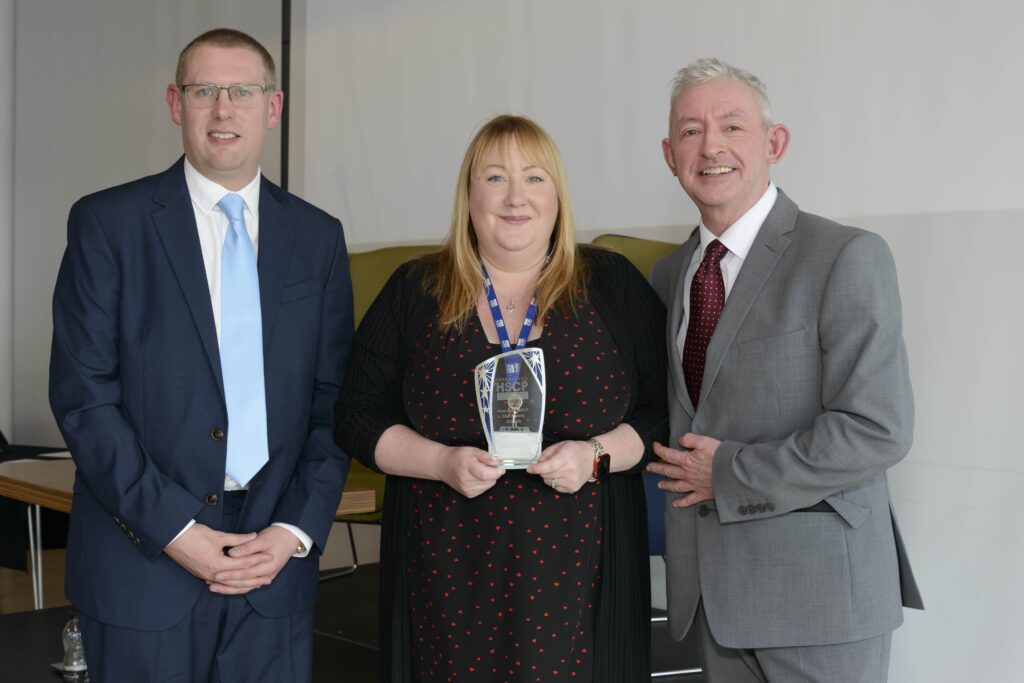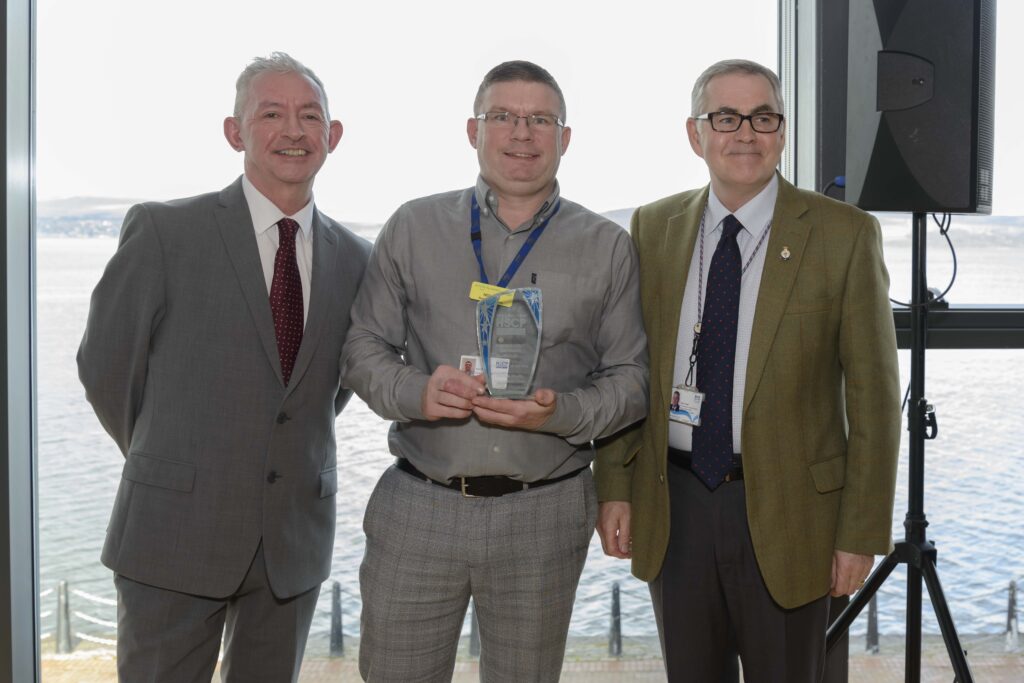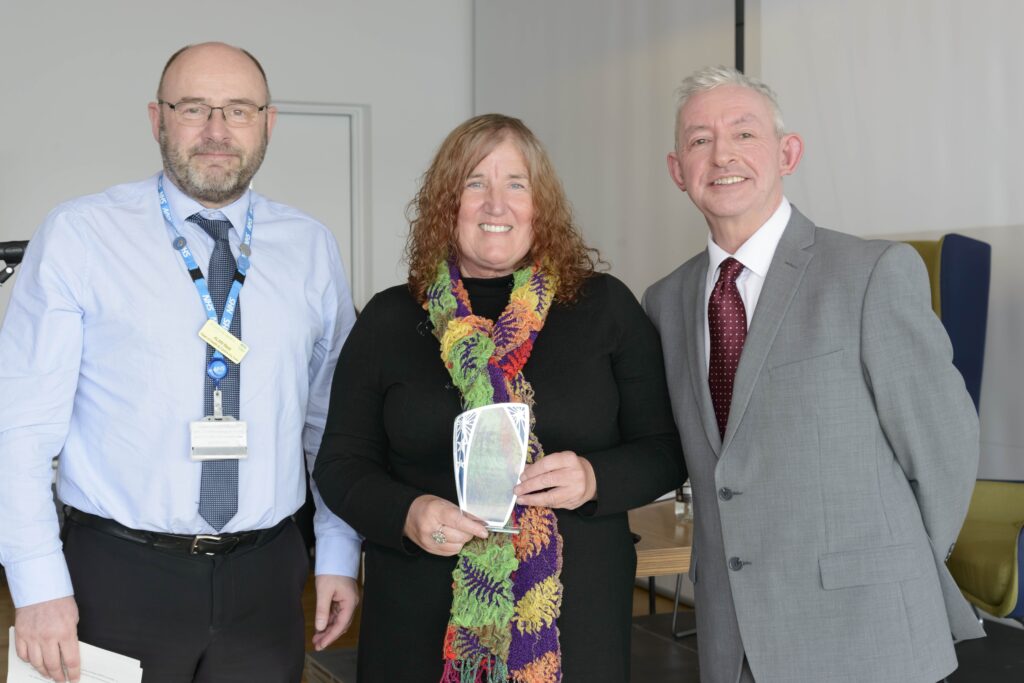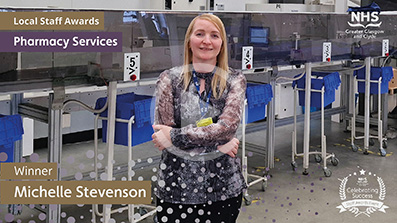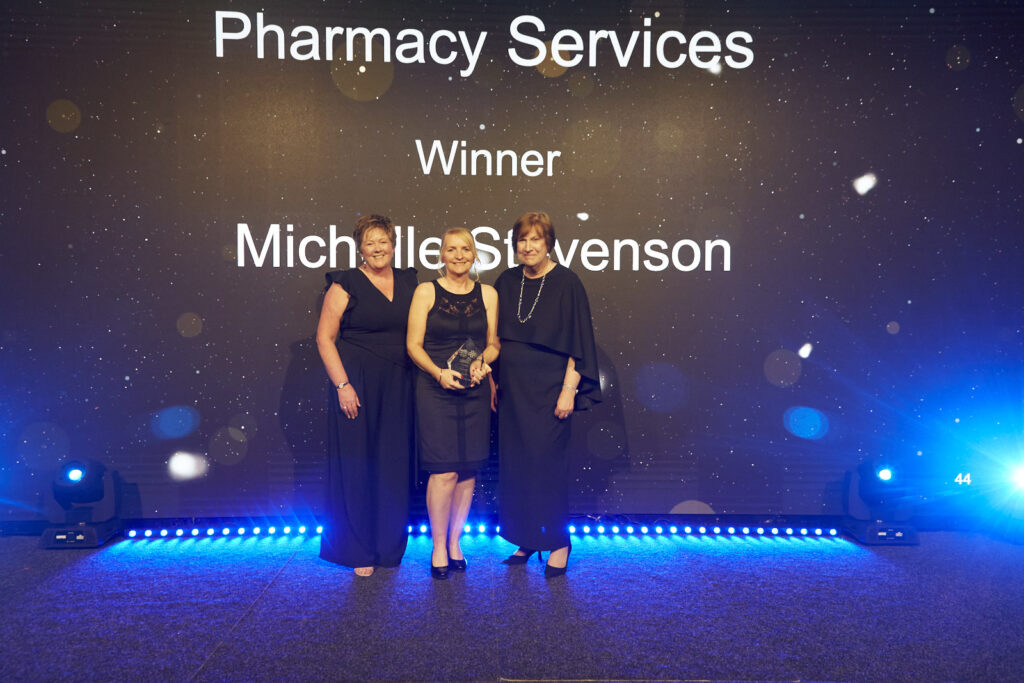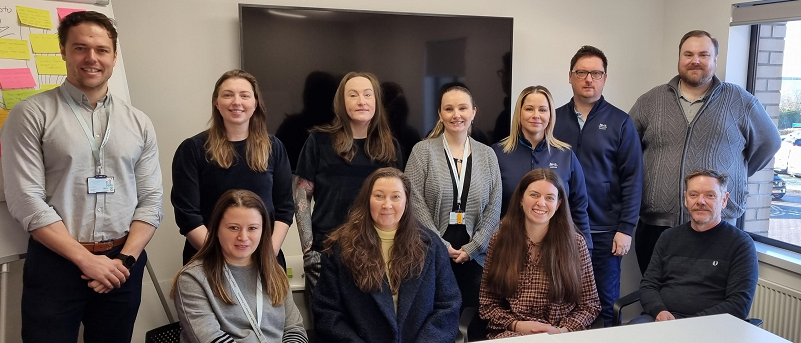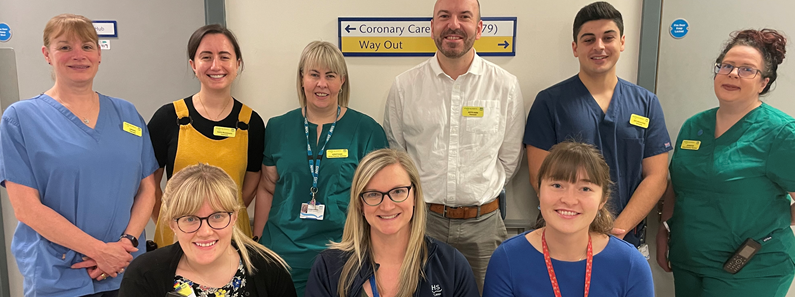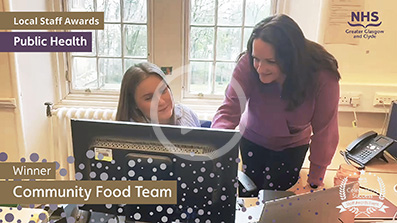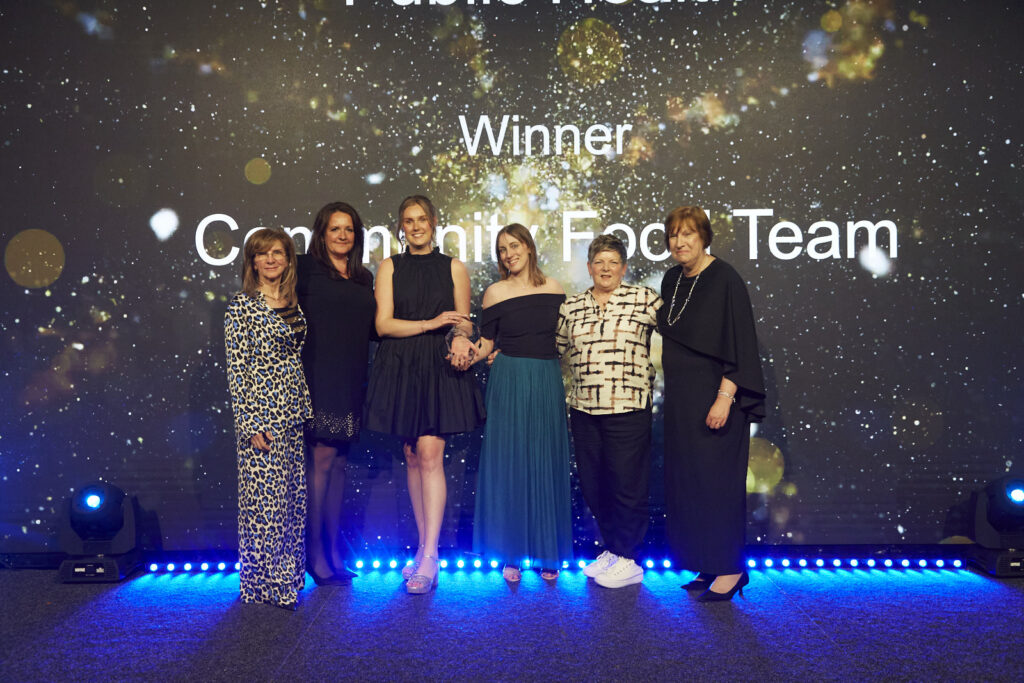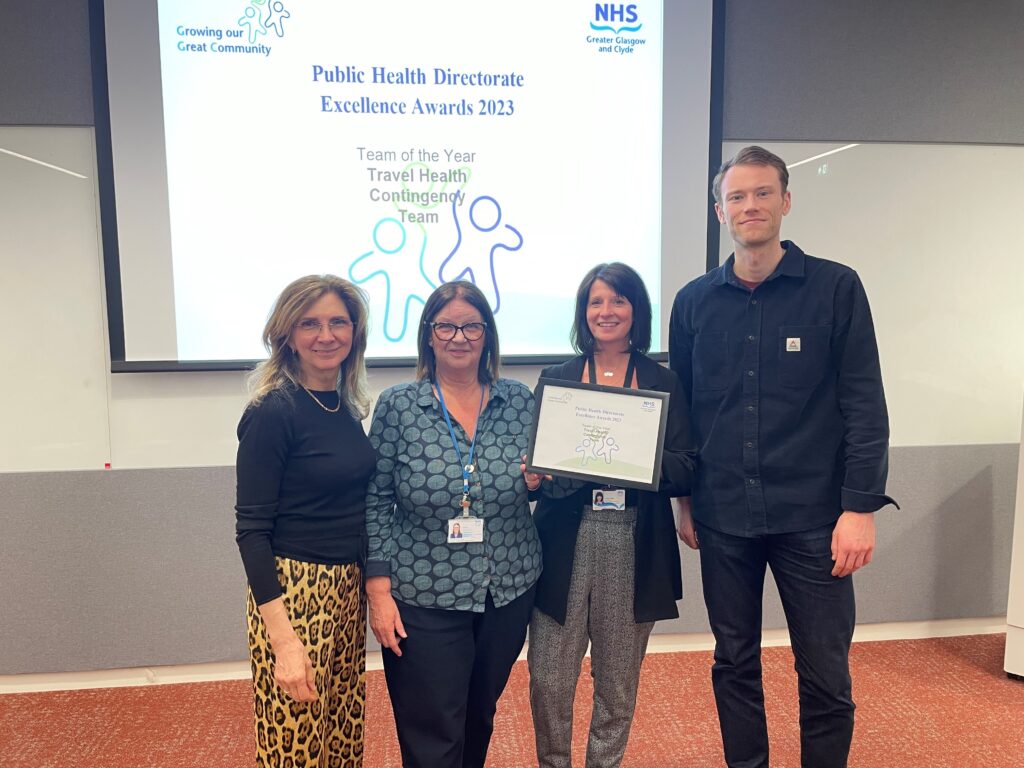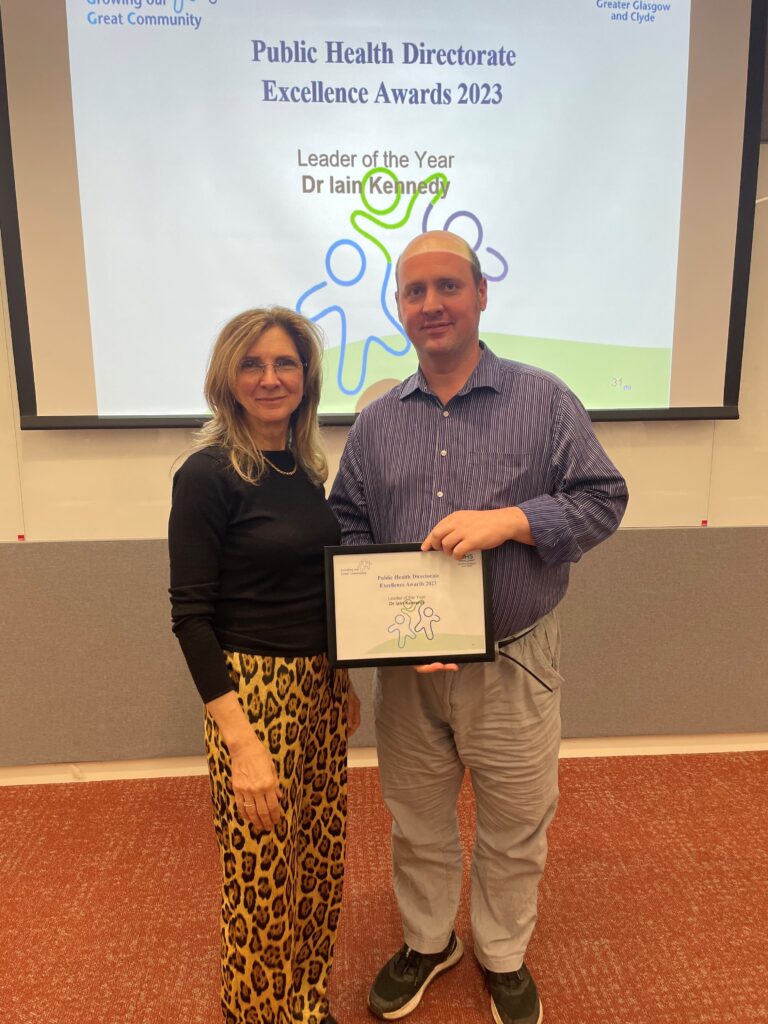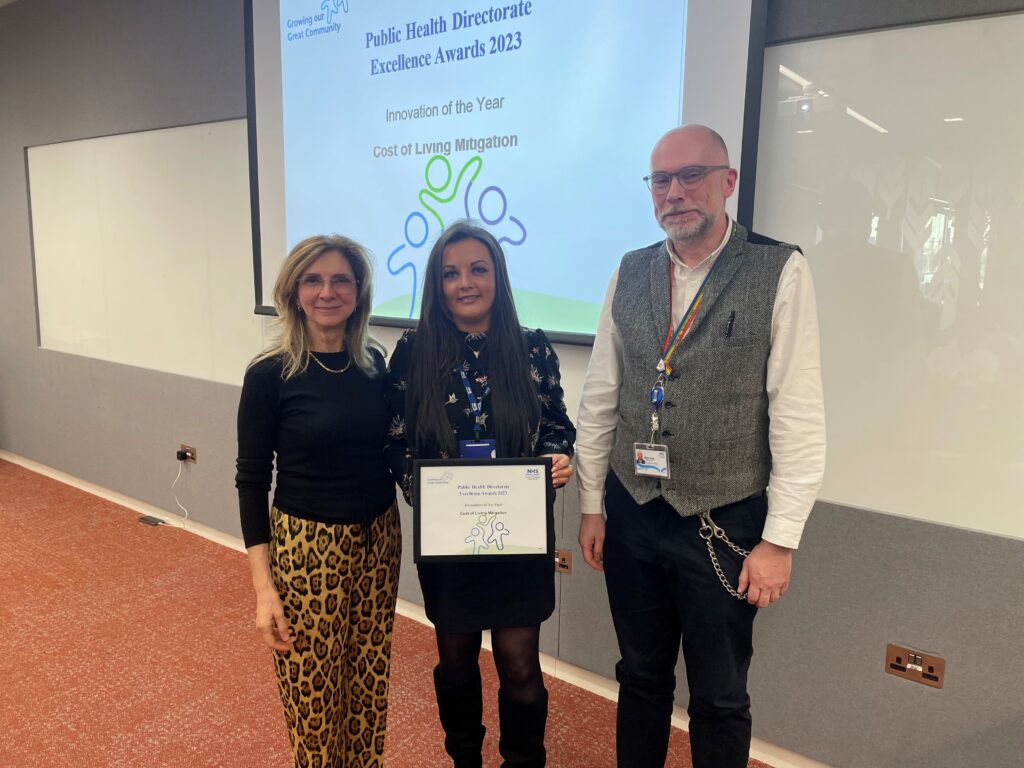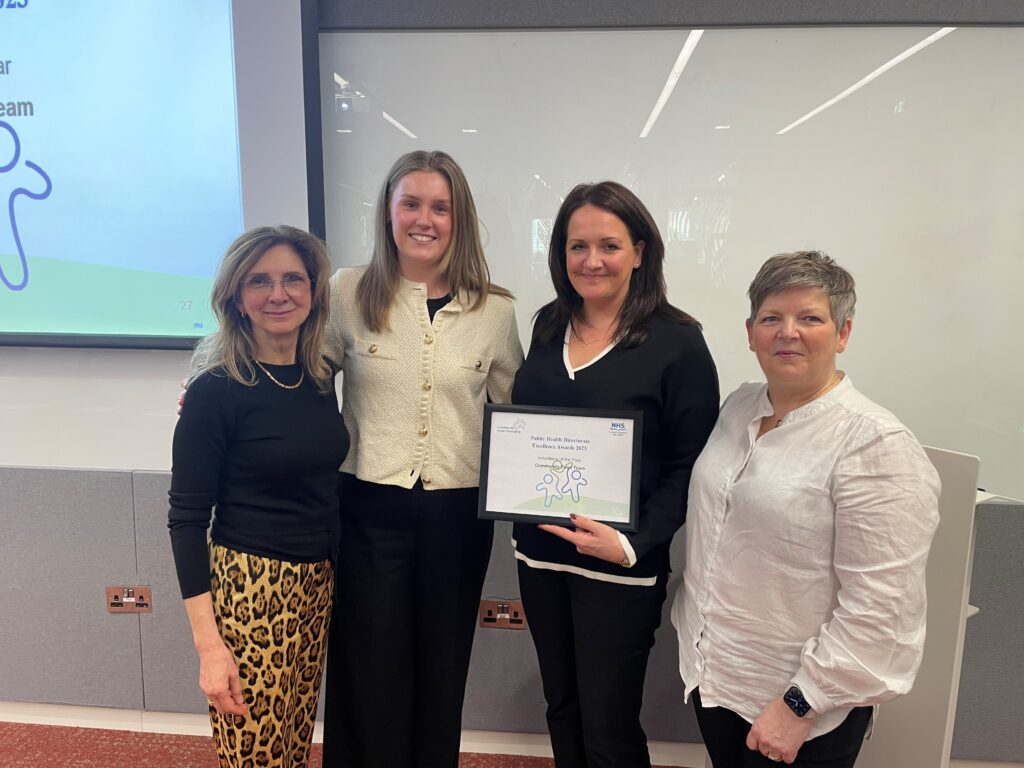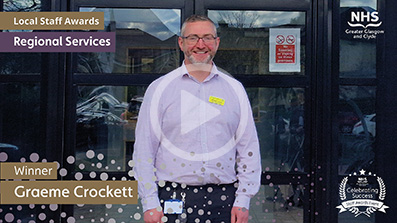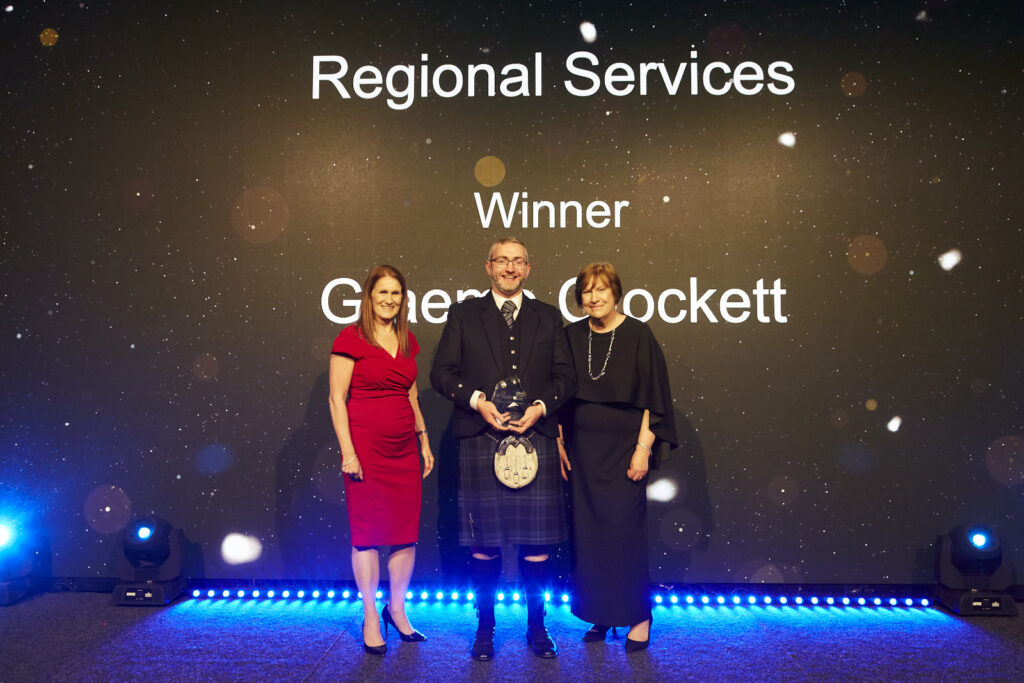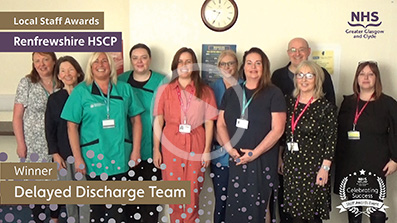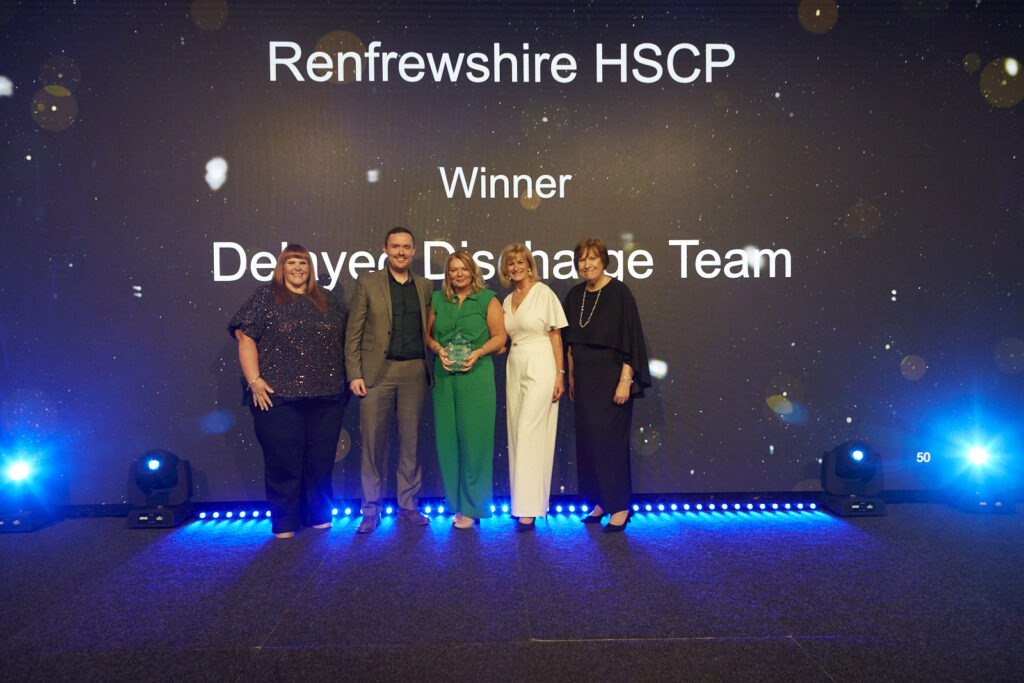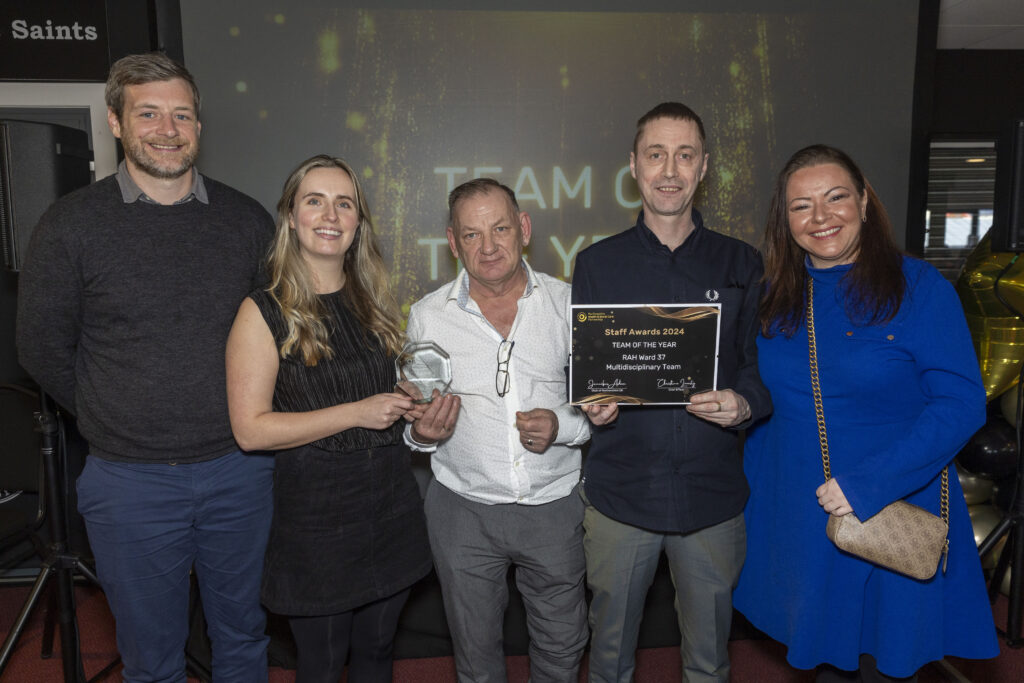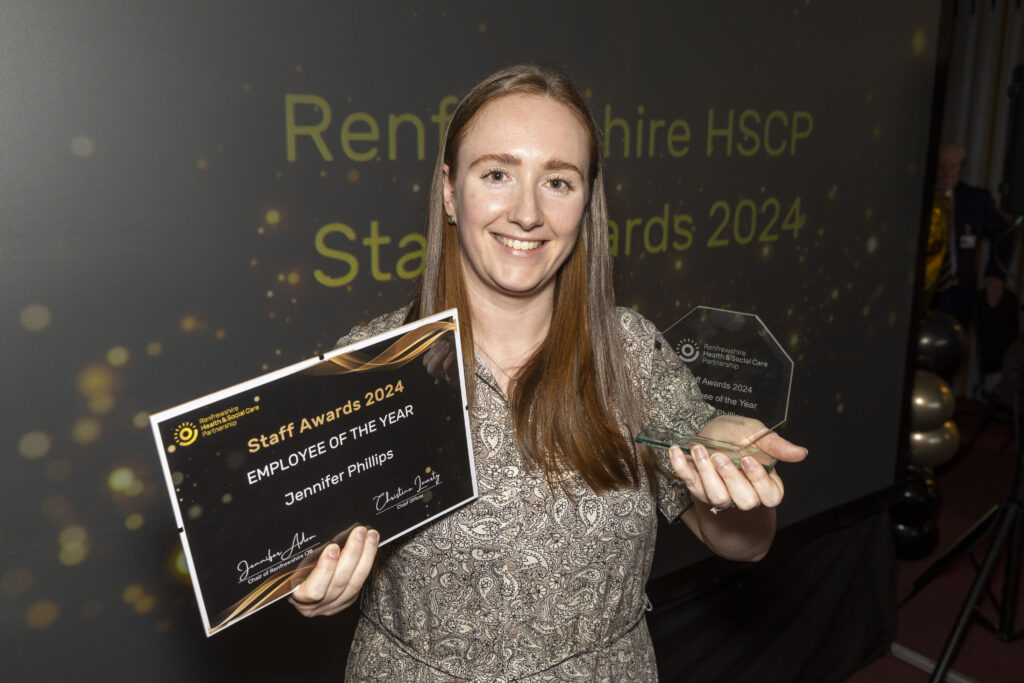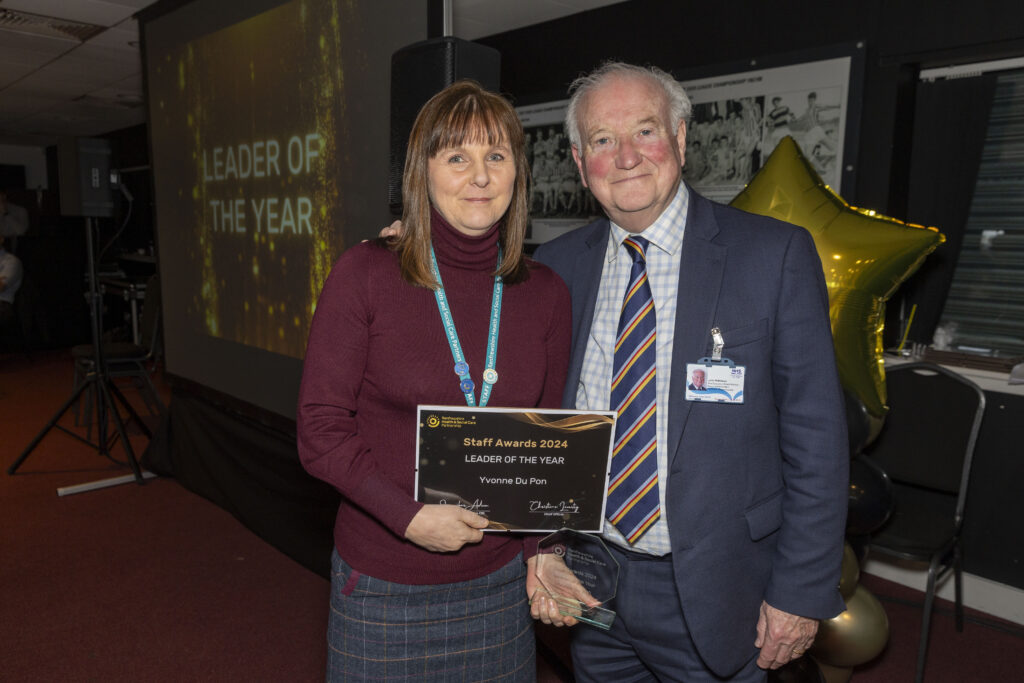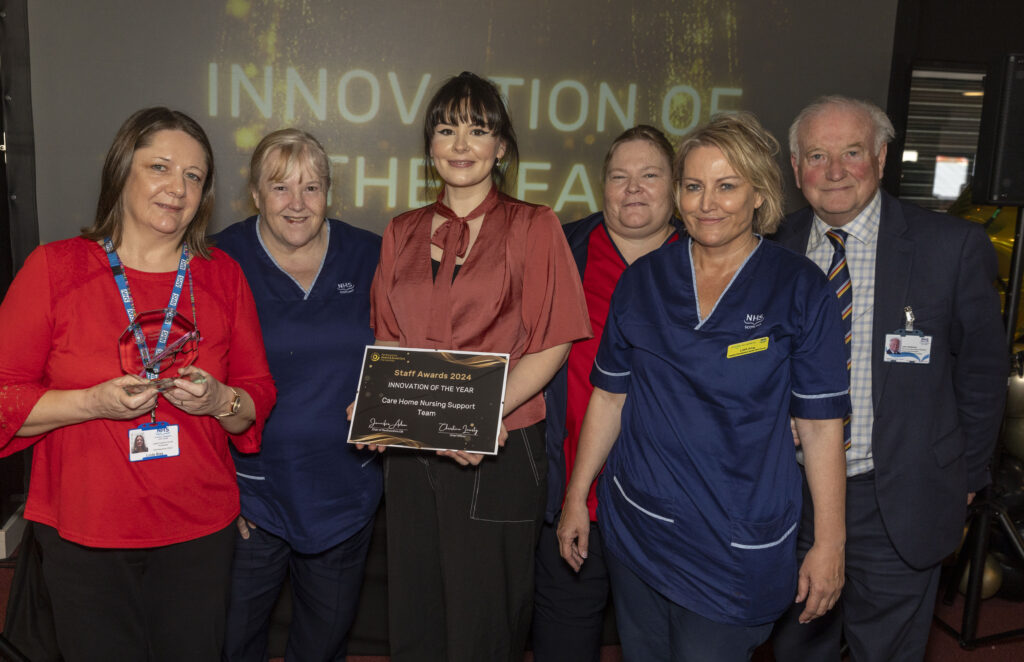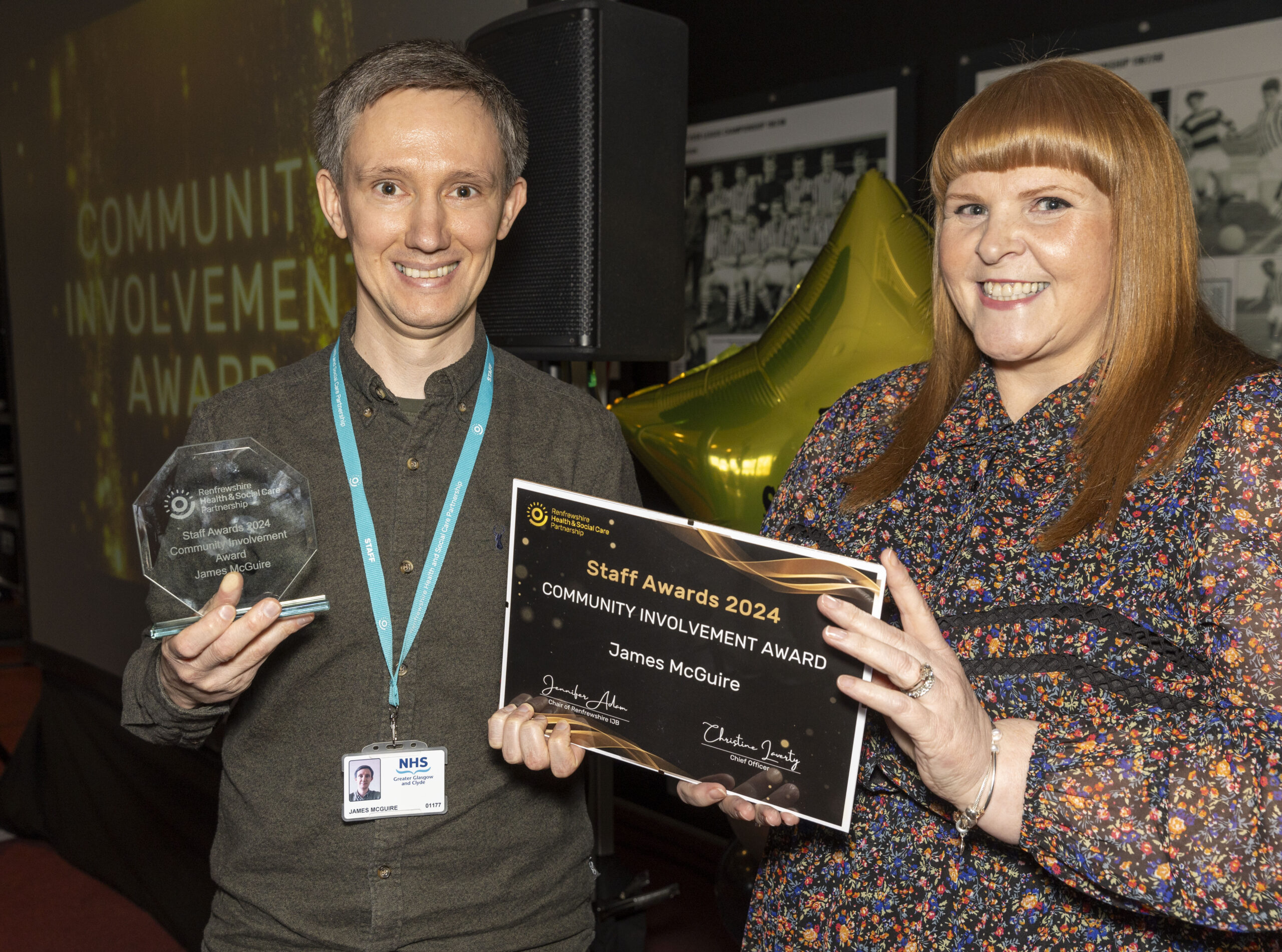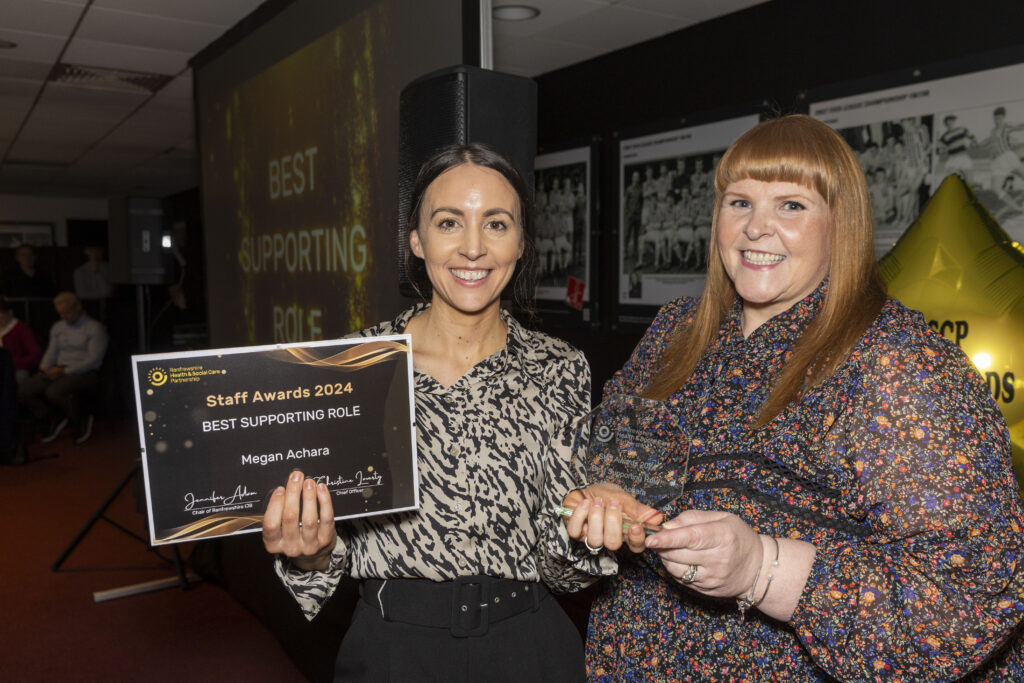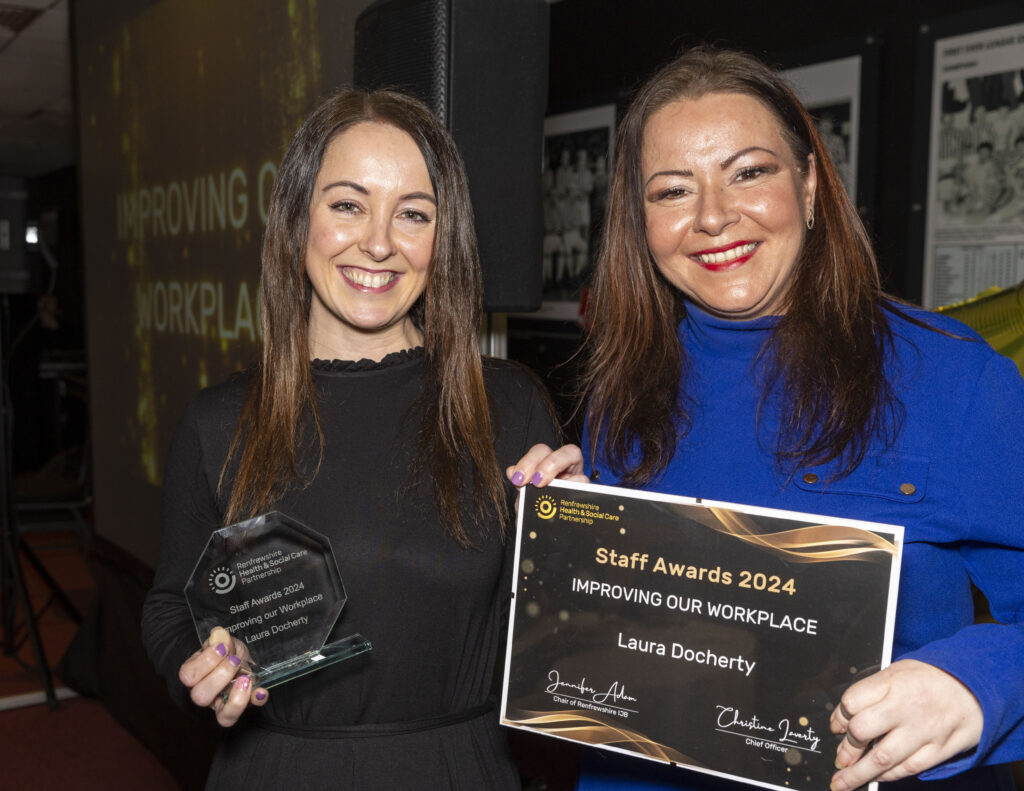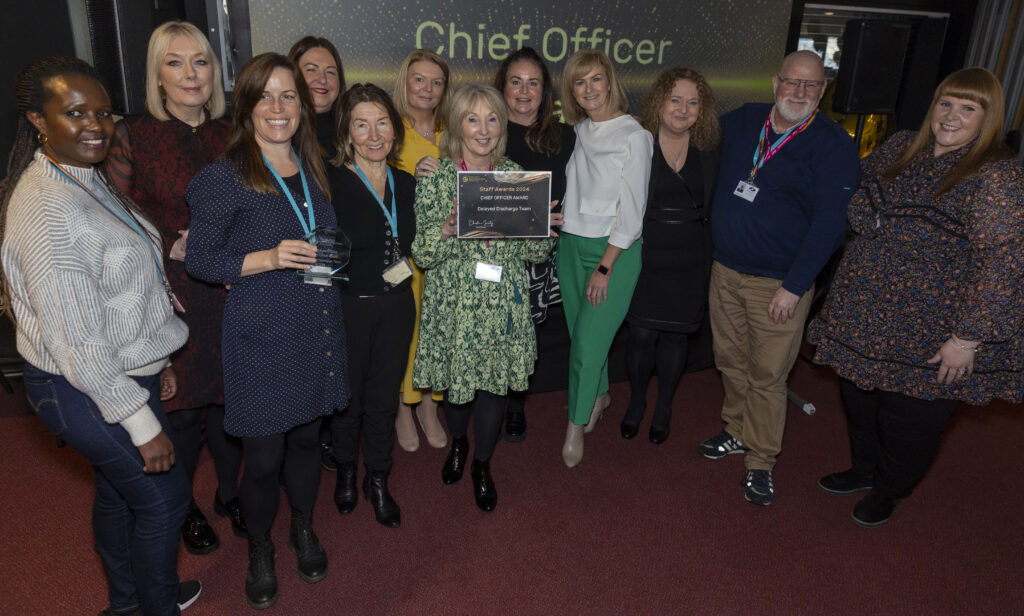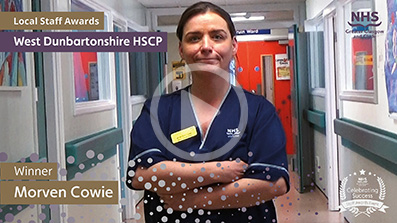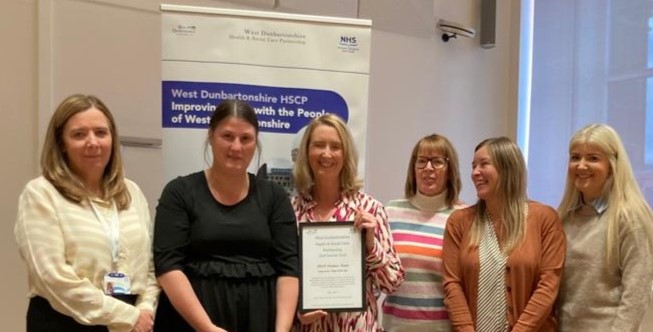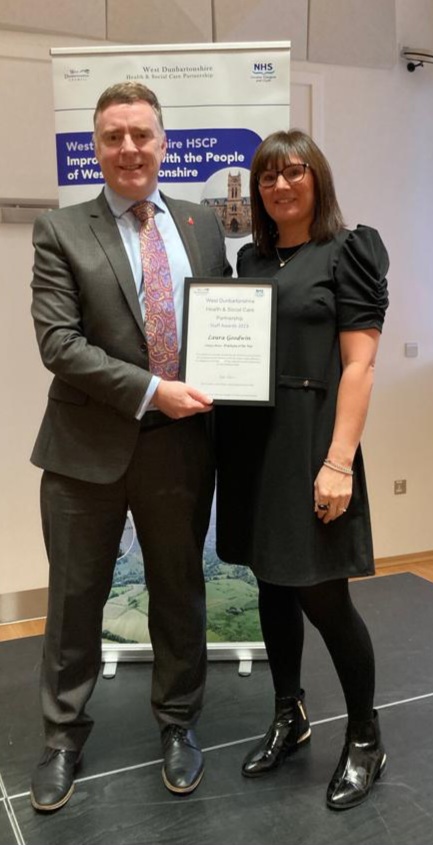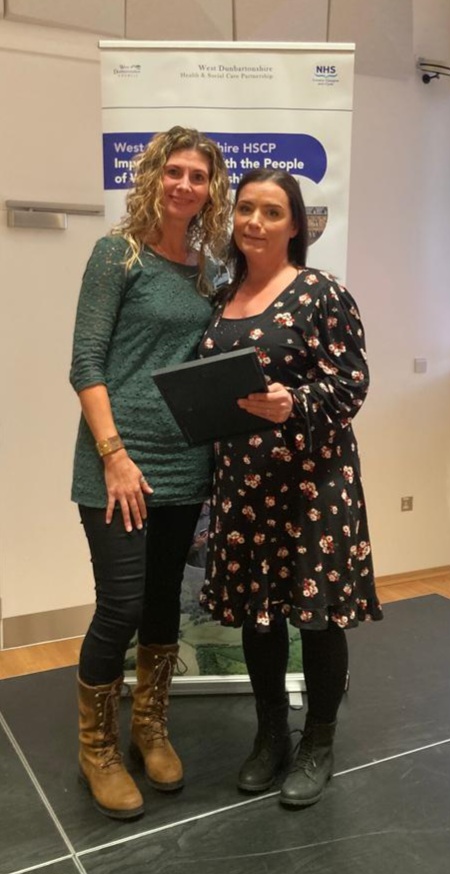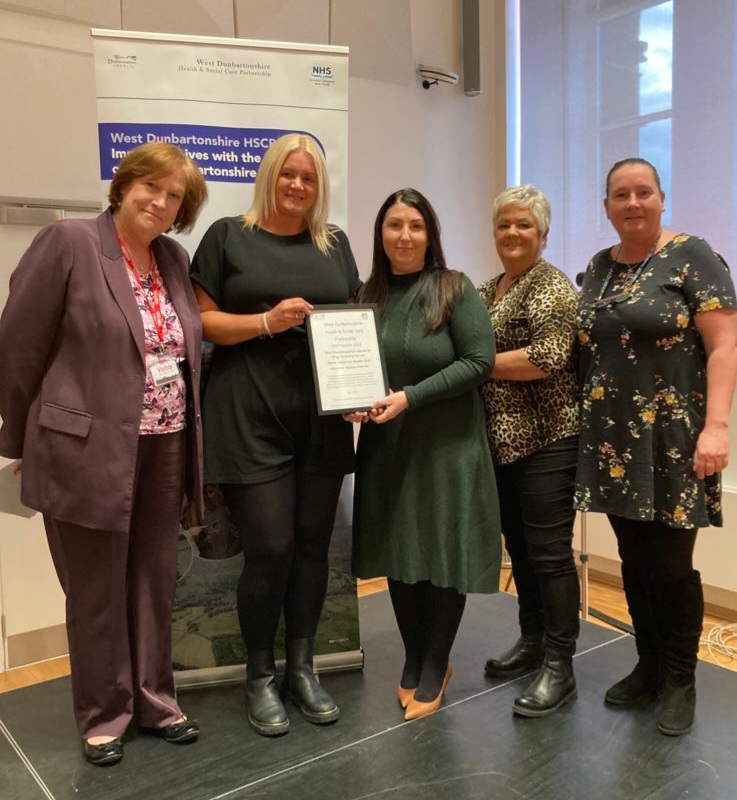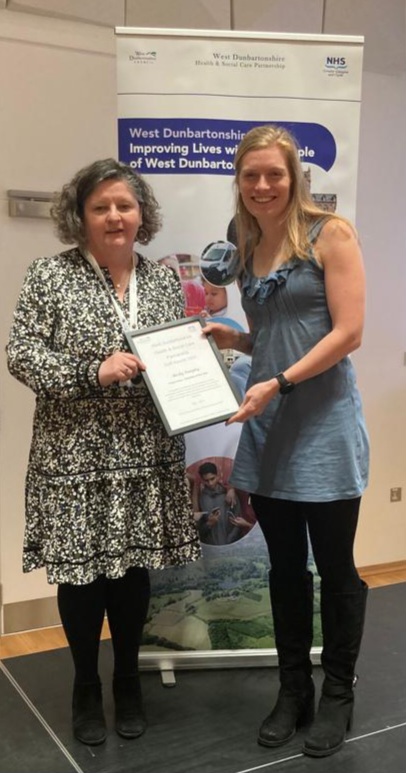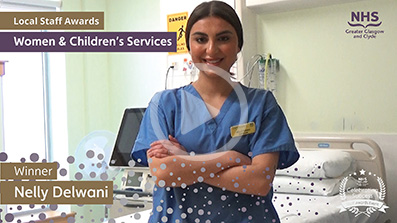Course Overview
Supporting staff is a key part of the manager’s job and this module offers guidance and support on issues relating to harassment at work. The main aspects of addressing harassment concerns including roles and responsibilities, policy framework and sources of advice and support will be covered.
Learning Outcomes
By the end of this module delegates will be able to:
- Demonstrate an understanding of the Bullying and Harassment policy, and more specifically Sexual Harassment.
- Create a safe and inclusive environment where everyone feels valued and respected.
- Recognise responsibilities in line with organisational and NHS Scotland’s values to ensure everyone is treated with dignity and respect.
- Be able to carry out the manager’s role to address harassment in the workplace at the earliest opportunity.
- Awareness of the range of actions and support available.
- Know how to access information resources, support and advice.
- To describe best practice and ensure it happens.
- To share knowledge of formal and informal approaches/interventions.
Who should attend?
Any manager in NHSGGC who has responsibility for managing NHSGGC staff in their teams. This includes managers employed in integrated Health and Social Care Partnerships who are not directly employed by NHSGGC.
KSF Links
- C1 – Communication
- C2 – Personal and People Development
- C3 – Health, Safety and Security
- C6 – Equality and Diversity
- HWB1 – Promotion of Health and Wellbeing
Course Provider: Human Resources and Learning and Education
Duration: 1 hour Webinar via MS Teams
Pre-requisites and other supporting resources
All potential candidates should explore the followings:
- Bullying and Harassment Policy Overview | NHS Scotland
- New Campaign Encouraging Staff to Work Together to Cut Out Harassment (sharepoint.com)
- Sexual Harassment: Cut It Out – NHSGGC Diverse Workspace
- New Sexual Harassment e-Learning Resource (scot.nhs.uk)
- You can also contact the HR Support and Advice Unit directly.
Course dates
Please book via booking links below:
Wednesday 18th June 2025, 1 pm – 2 pm (MS Teams) Click here to book
Wednesday 16th July 2025, 9.30 am – 10.30 am (MS Teams) Click here to book
Wednesday 20th August 2025, 1 pm – 2 pm (MS Teams)
Wednesday 17th September 2025, 9.30 am – 10.30 am (MS Teams)
Wednesday 15th October 2025, 1 pm – 2 pm (MS Teams)
Wednesday 12th November 2025, 9.30 am – 10.30 am (MS Teams)
Wednesday 10th December 2025, 1 pm – 2 pm (MS Teams)
To book a place on the course from August 2025
NHSGGC Staff
Please use the eESS Learner Self-Service Facility. From the Learner Home page, enter the course name in the box at the top of the page to see all available dates. You can also use keywords to search for courses.
Remember to have your eESS User ID and password available to access the system. If you have forgotten your log in details for eESS then please use the Login Assistance link in the sign in section.
If for any reason you find yourself unable to attend, you must cancel your booking as spaces for this course are limited and others will be offered your place. To cancel please use the eESS Learner Self-Service Facility.
Partnership Staff
Please use our self service enquiry portal and leave an enquiry with your full name, email address, where you work (Directorate and sector) and the course date (preference and back ups if possible) you would like booked on.
You can also register for an account on this link if you do not have one already.
You will receive detailed joining instructions on how to access the on-line session. Please be ready to log-in at least 5 minutes before the start time.
Please note; booking for each session will close 1 week before the course date to allow time for joining instructions to be sent to delegates.
Guidance on how to search for Learning and Development on eESS OLM can be found here.
- Quick Start User Guide OLM
- How to Search for Learning and Development on eESS OLM
- How to Navigate the System
Full access to all Standard Operating Procedures and e-learning videos is available via eESS Login (scot.nhs.uk).
Last updated: 16/05/2025

